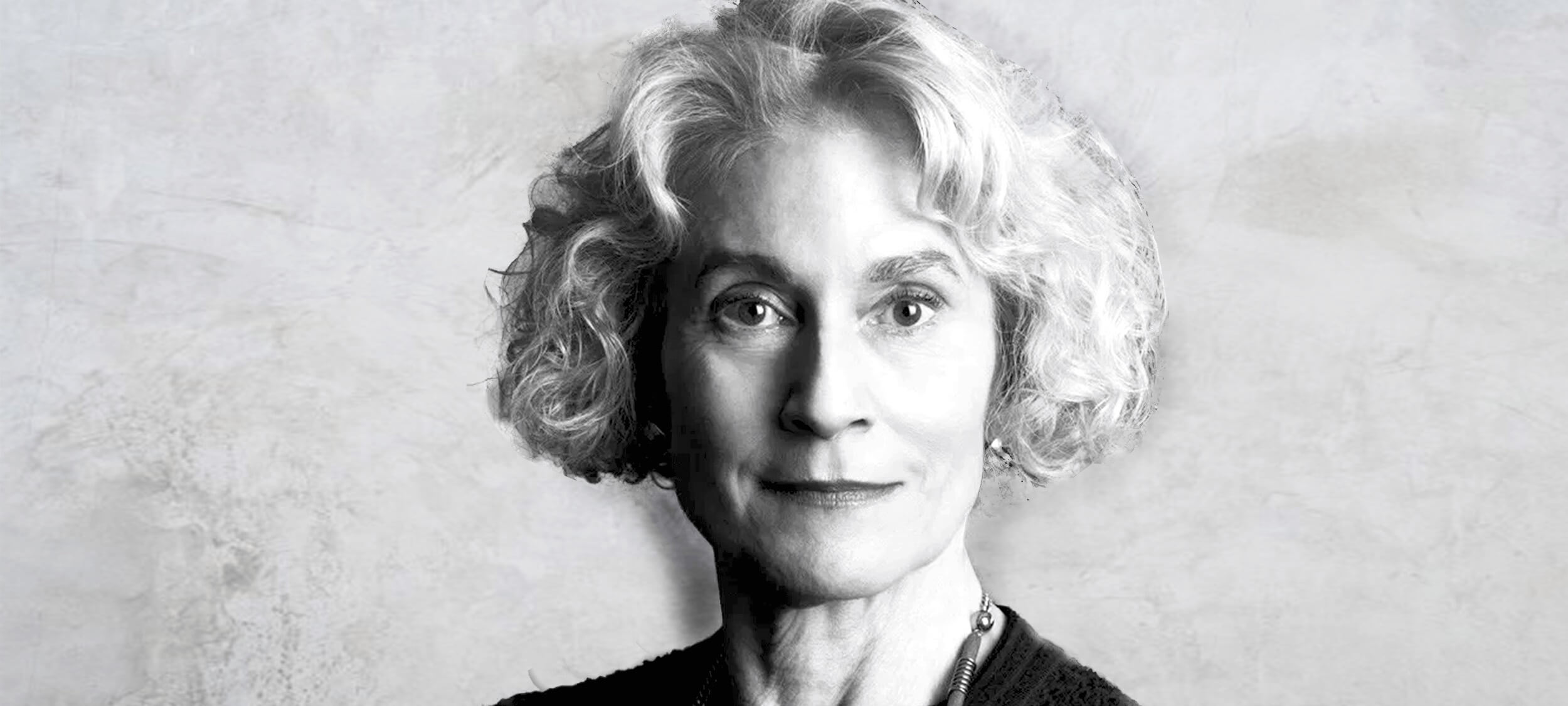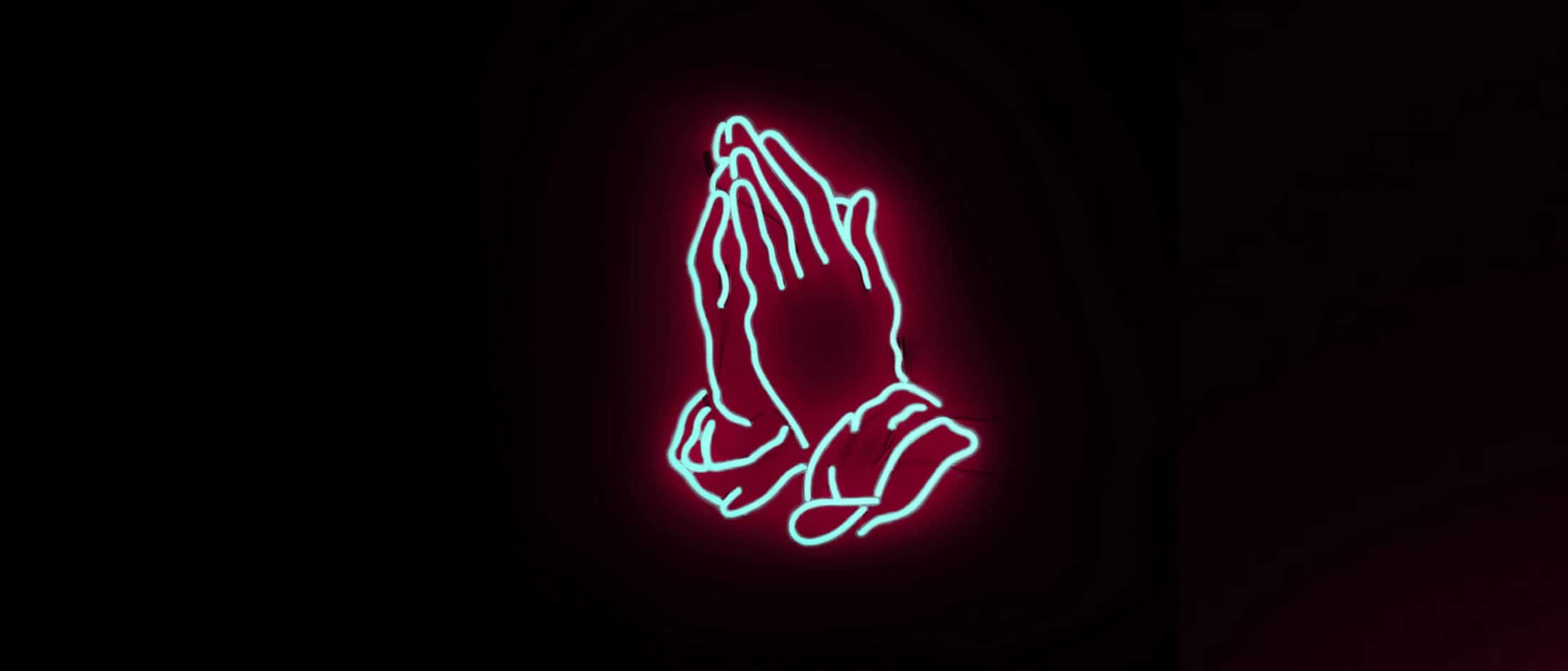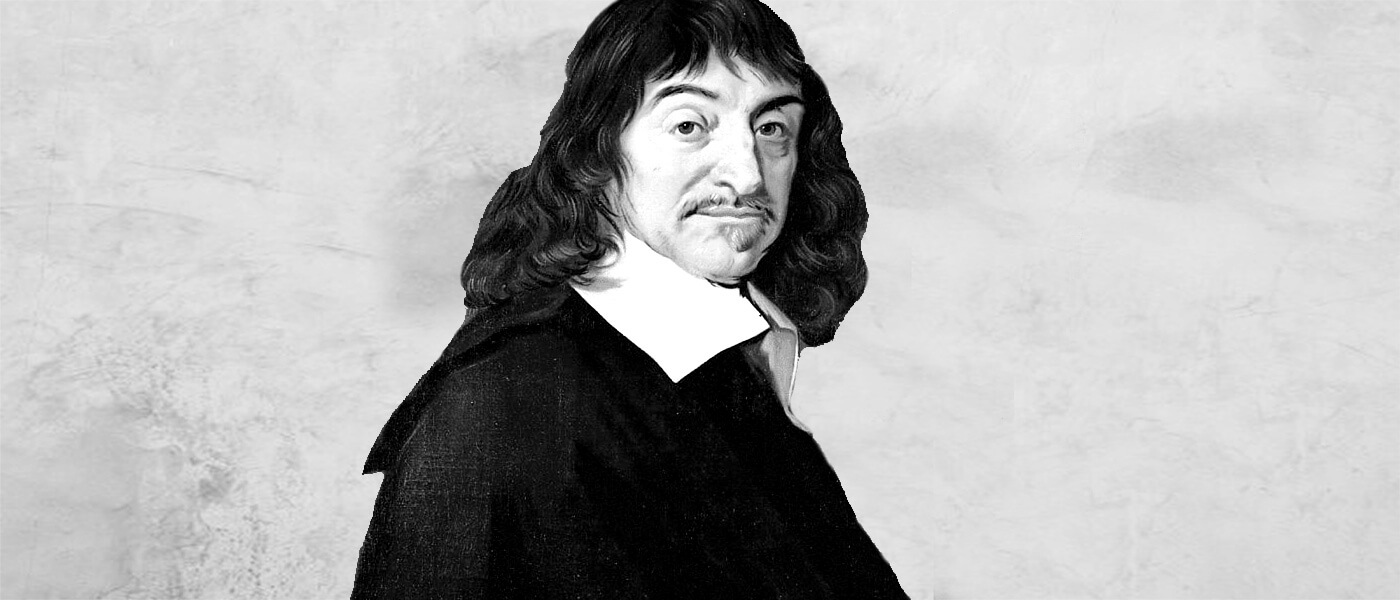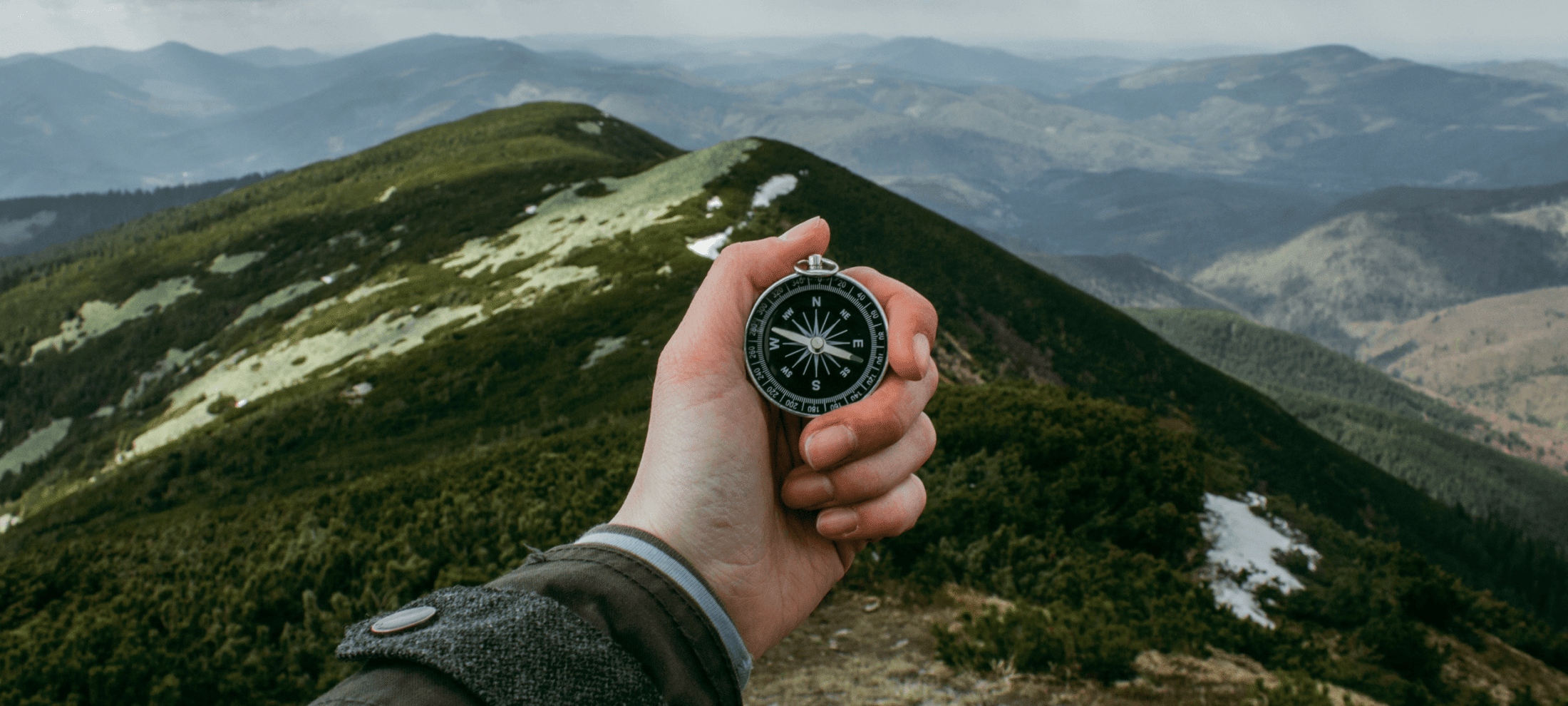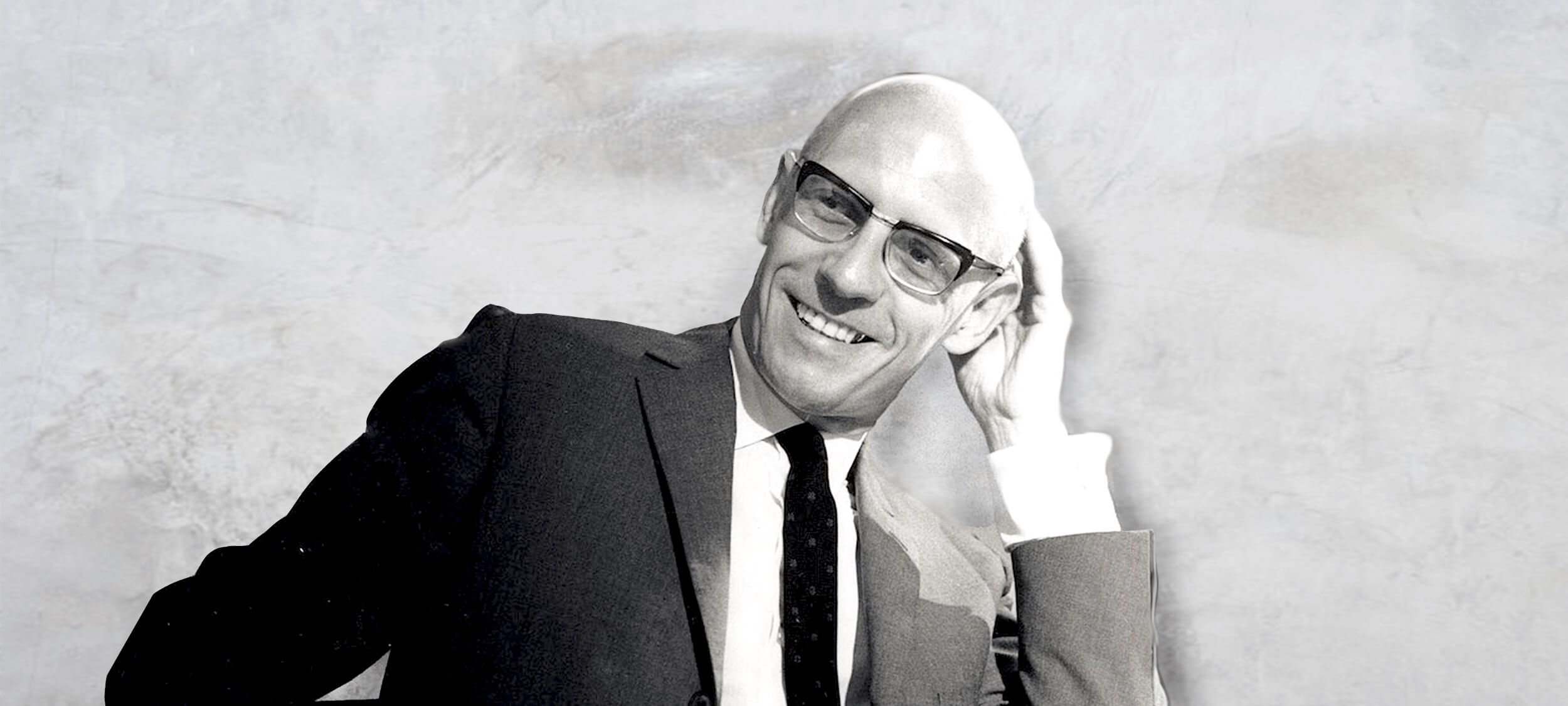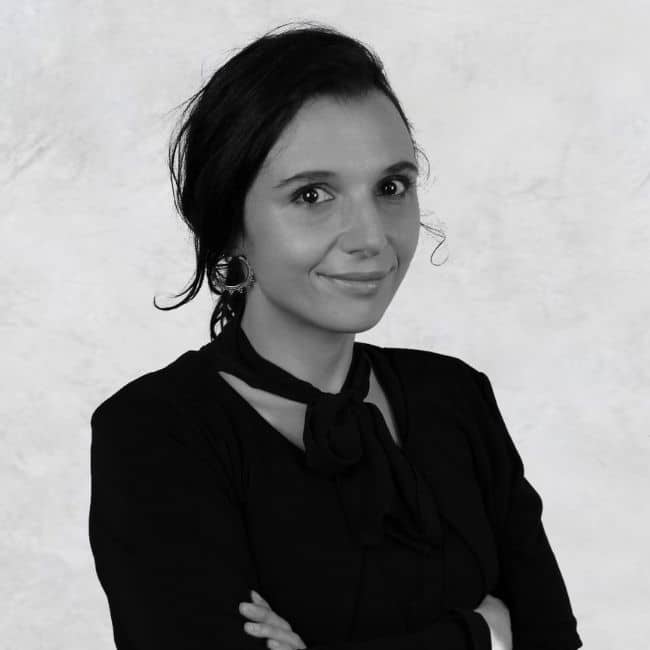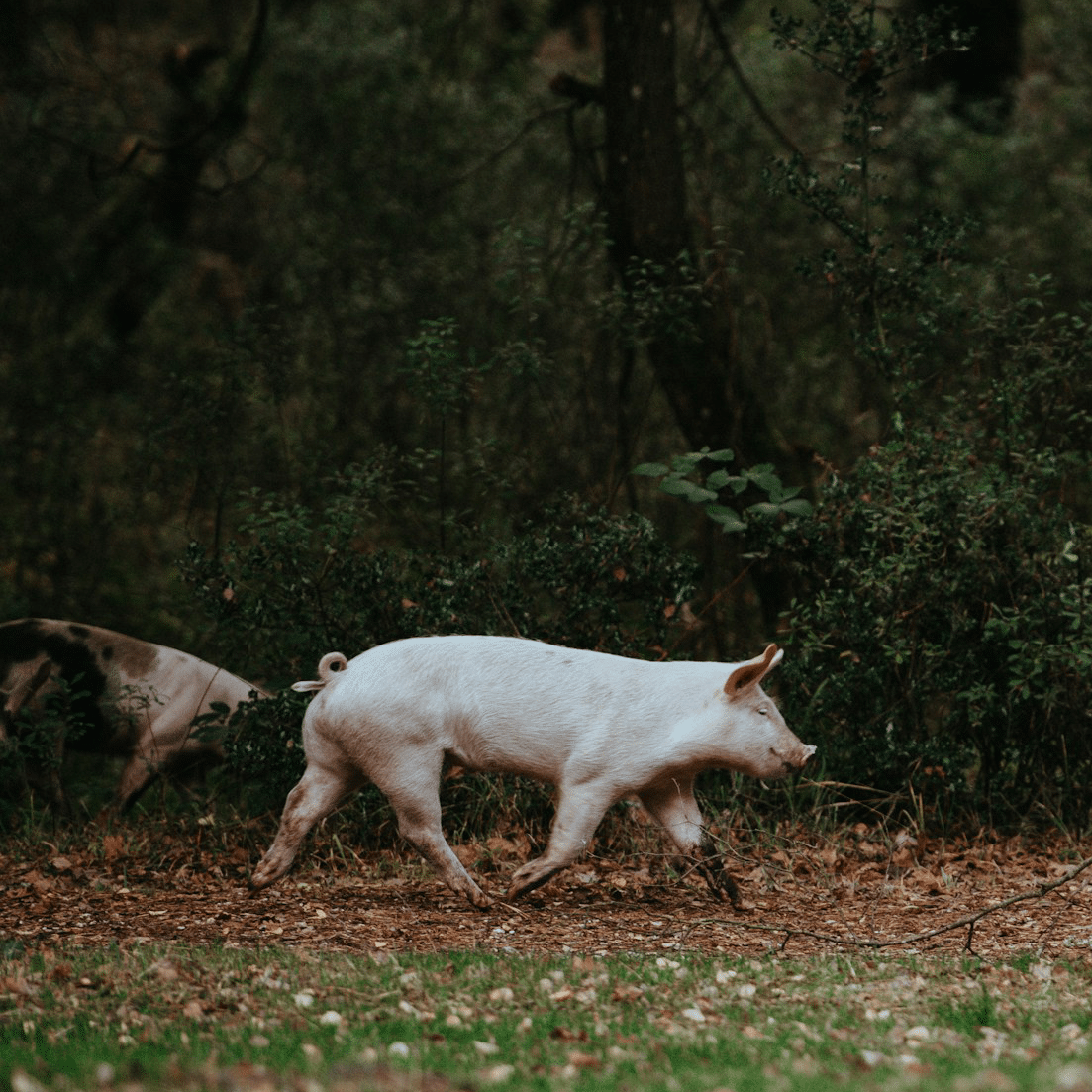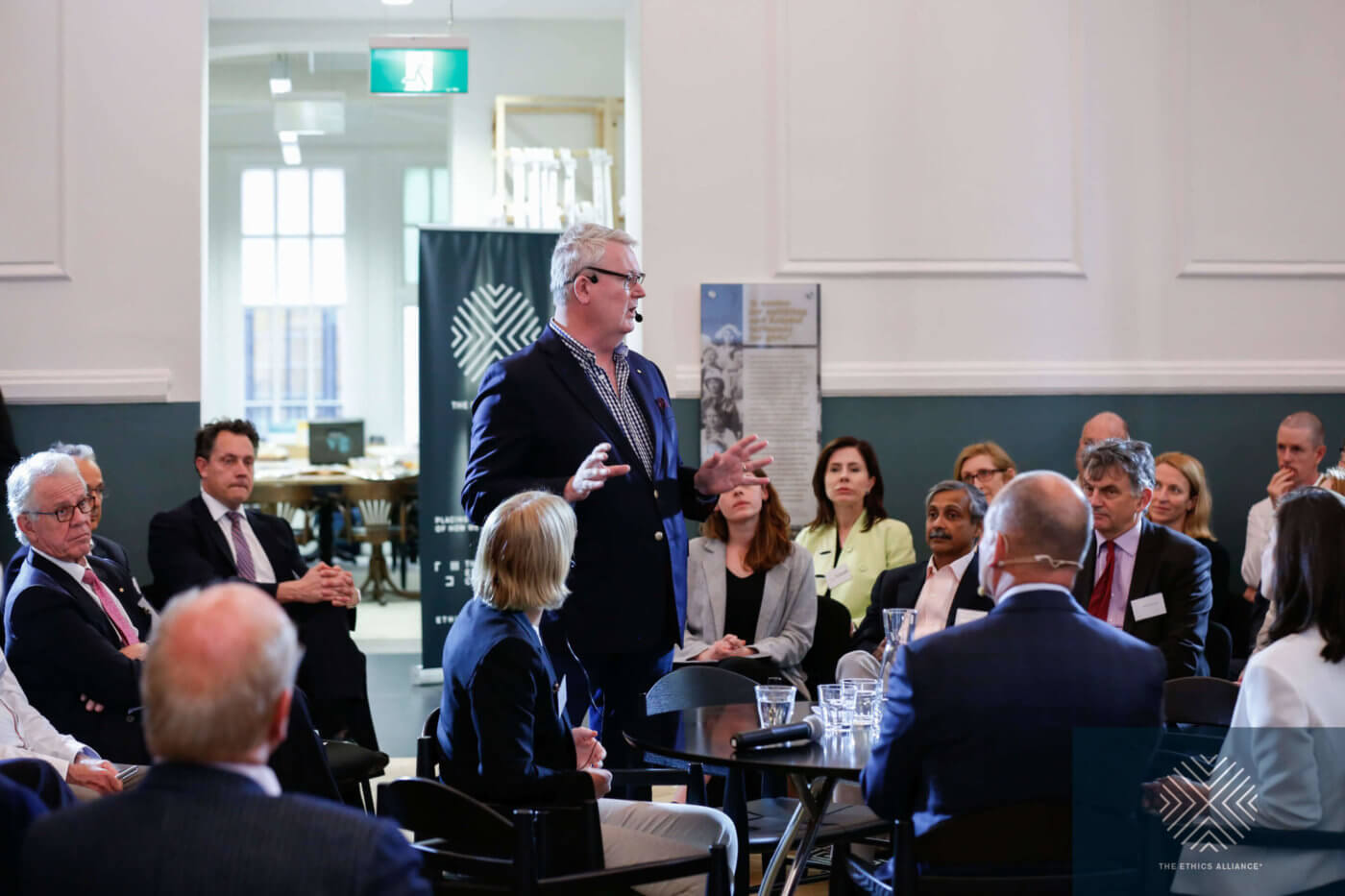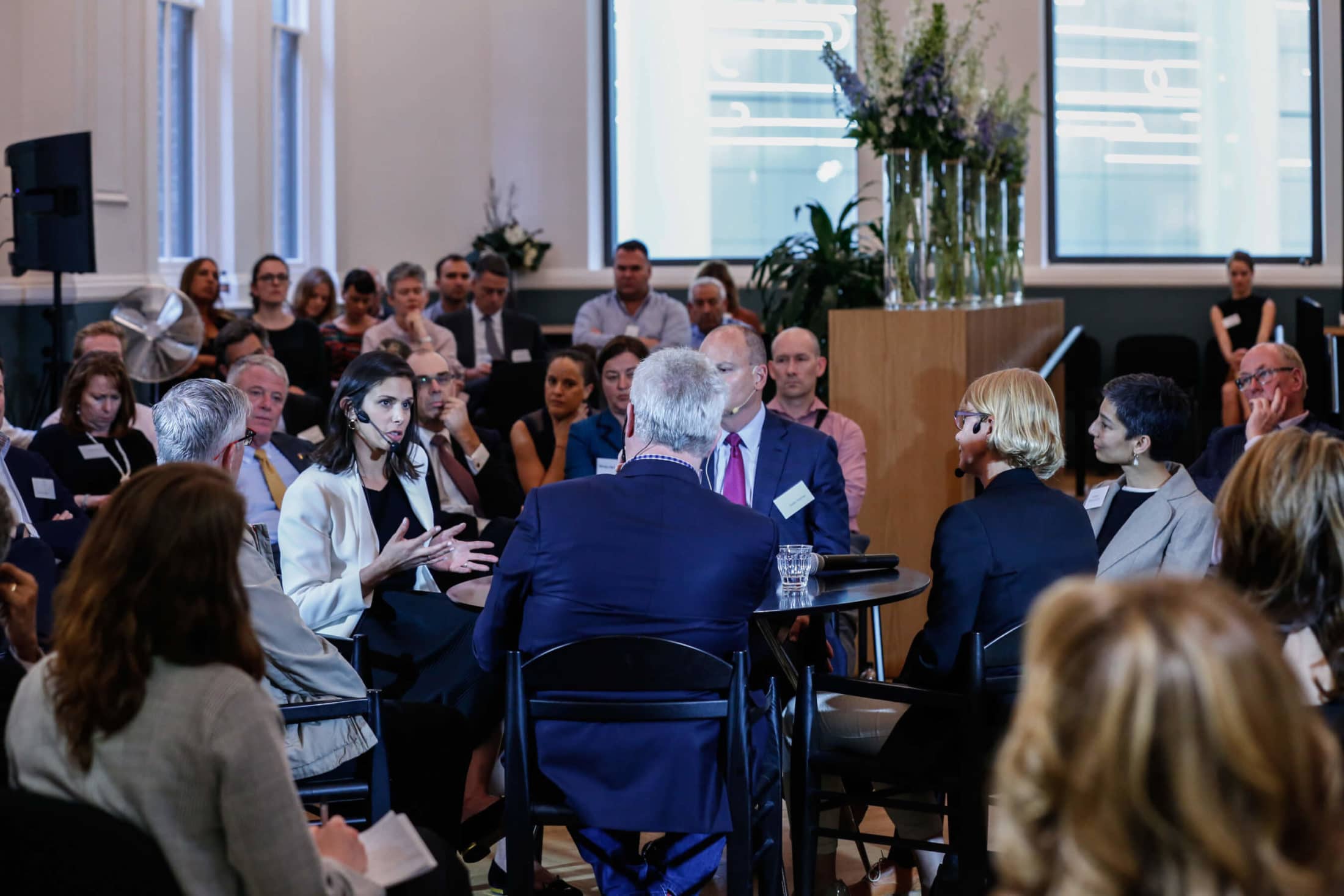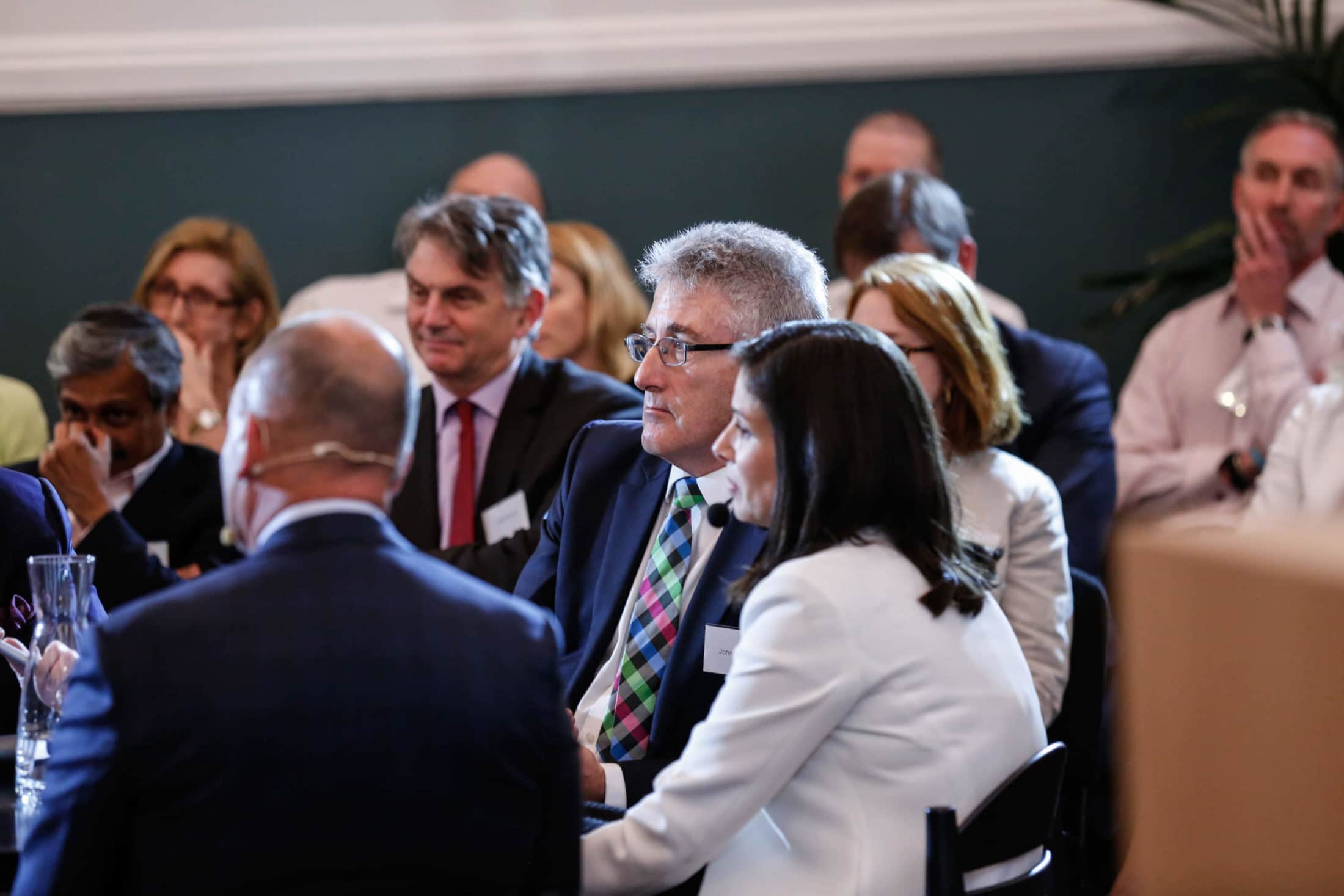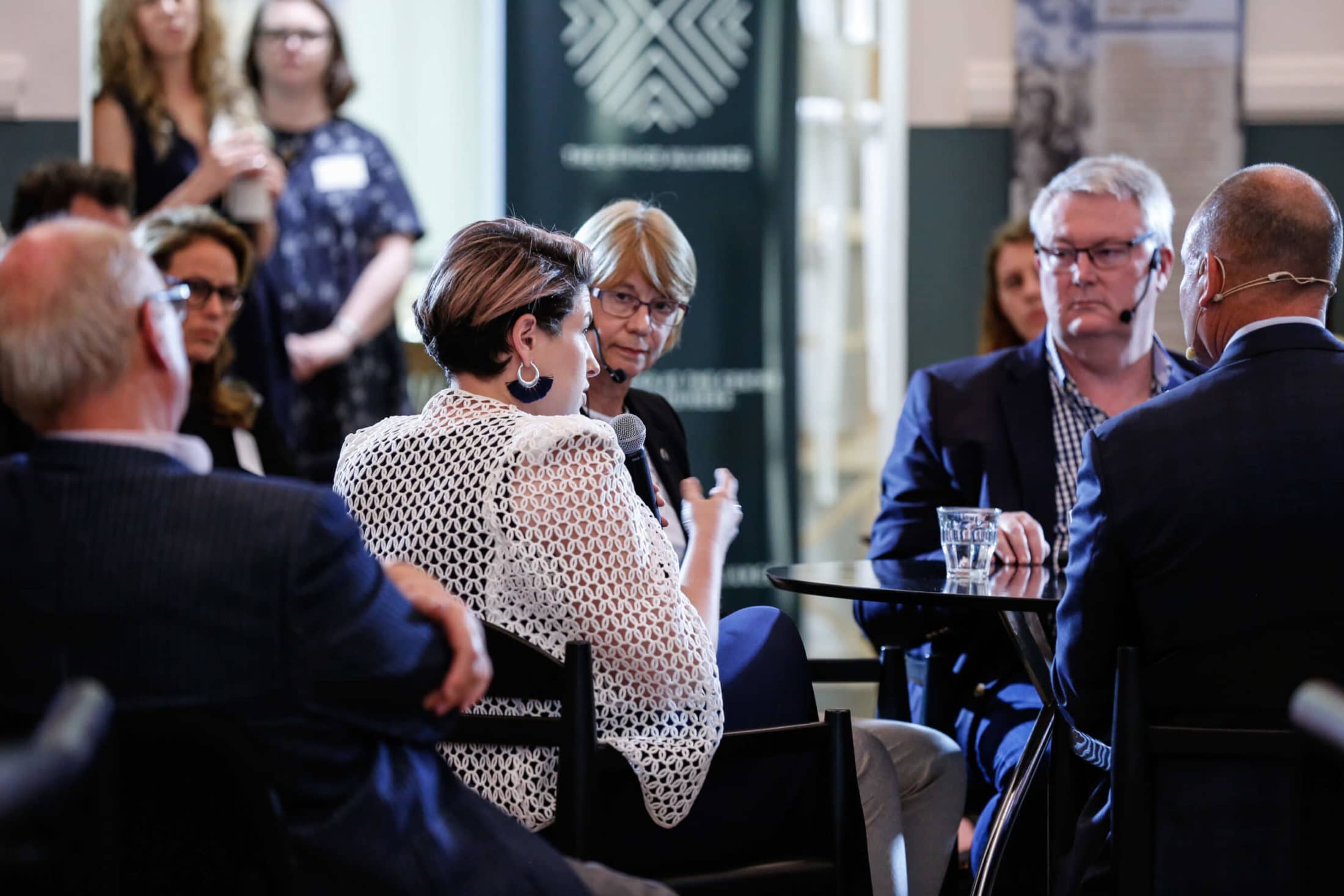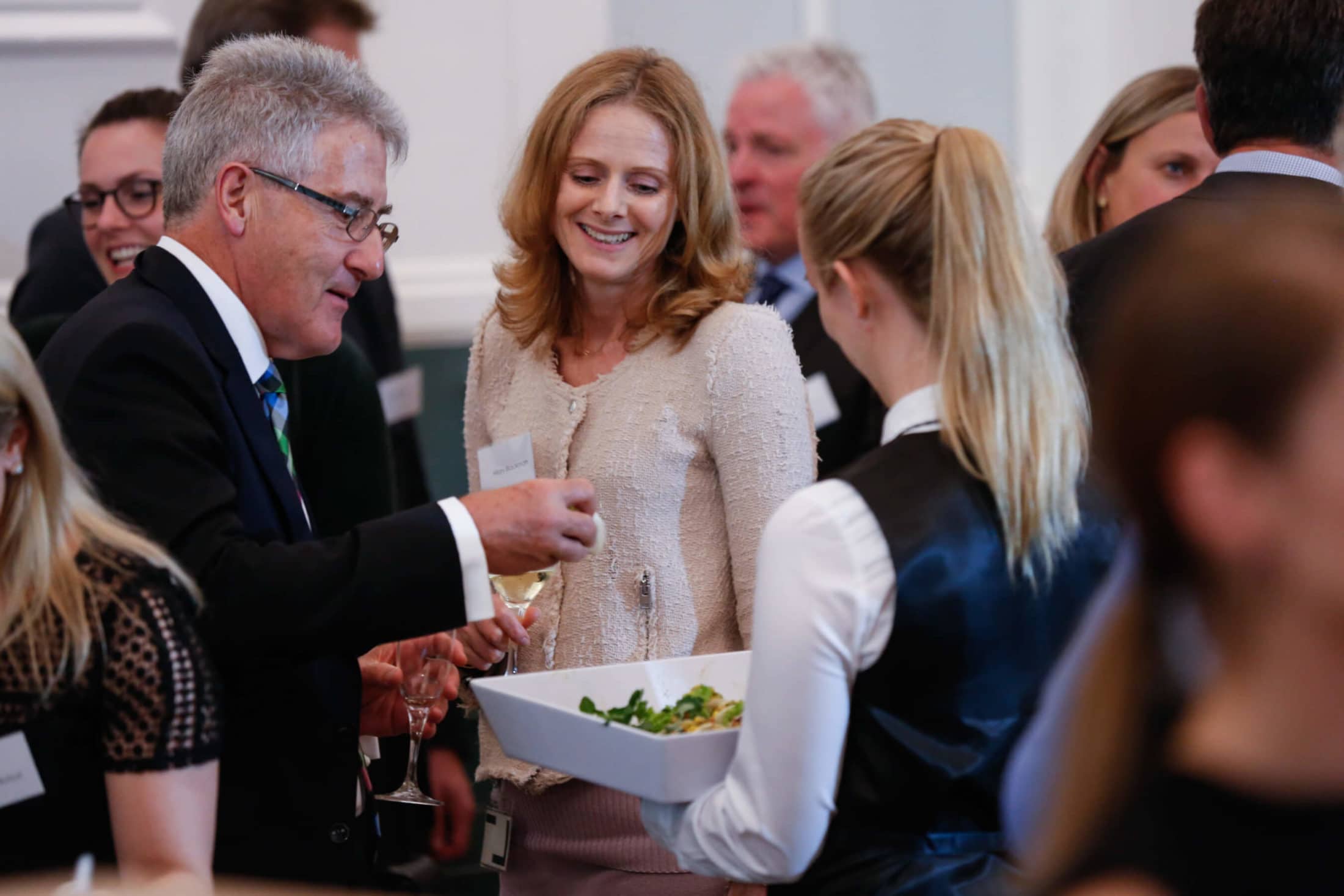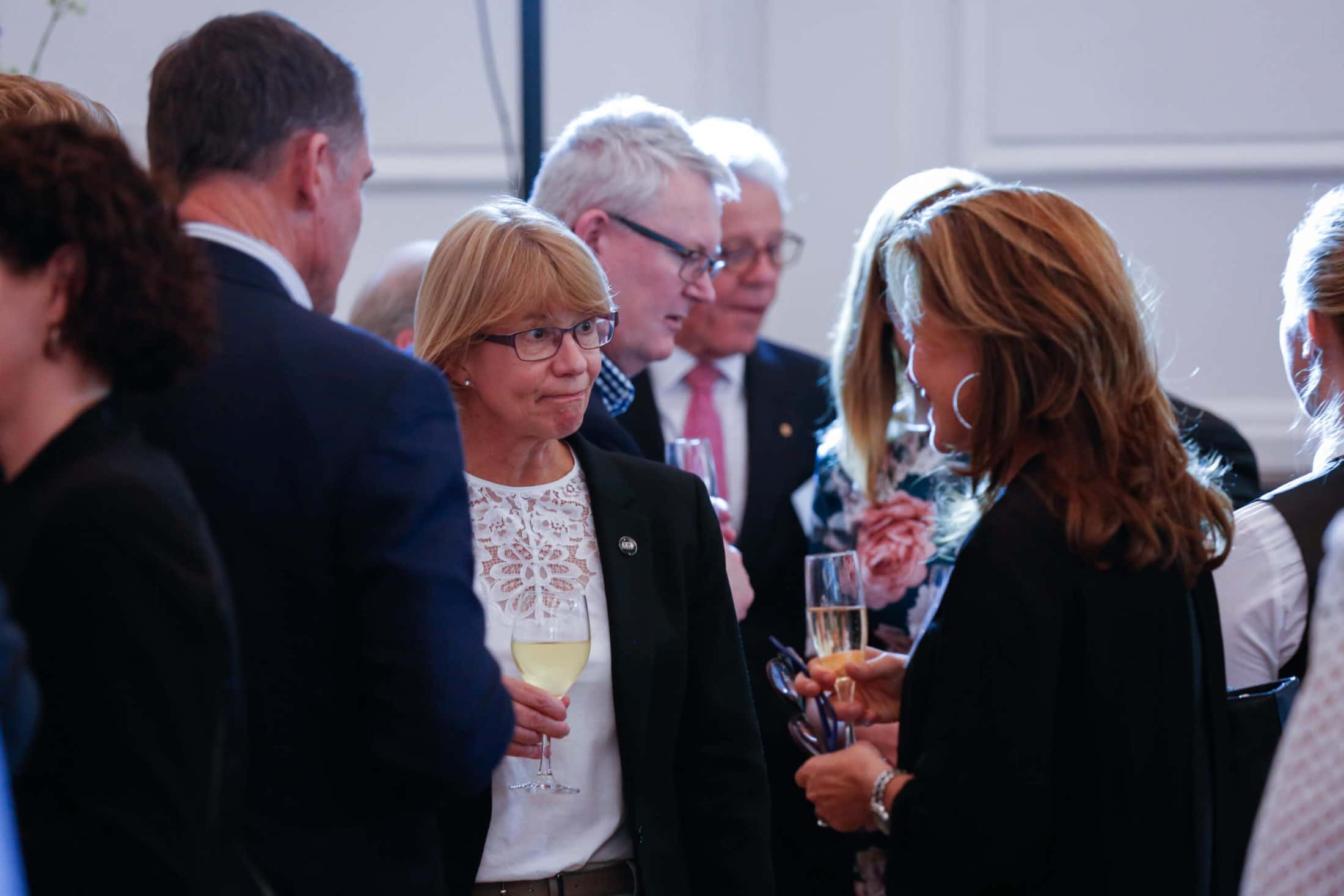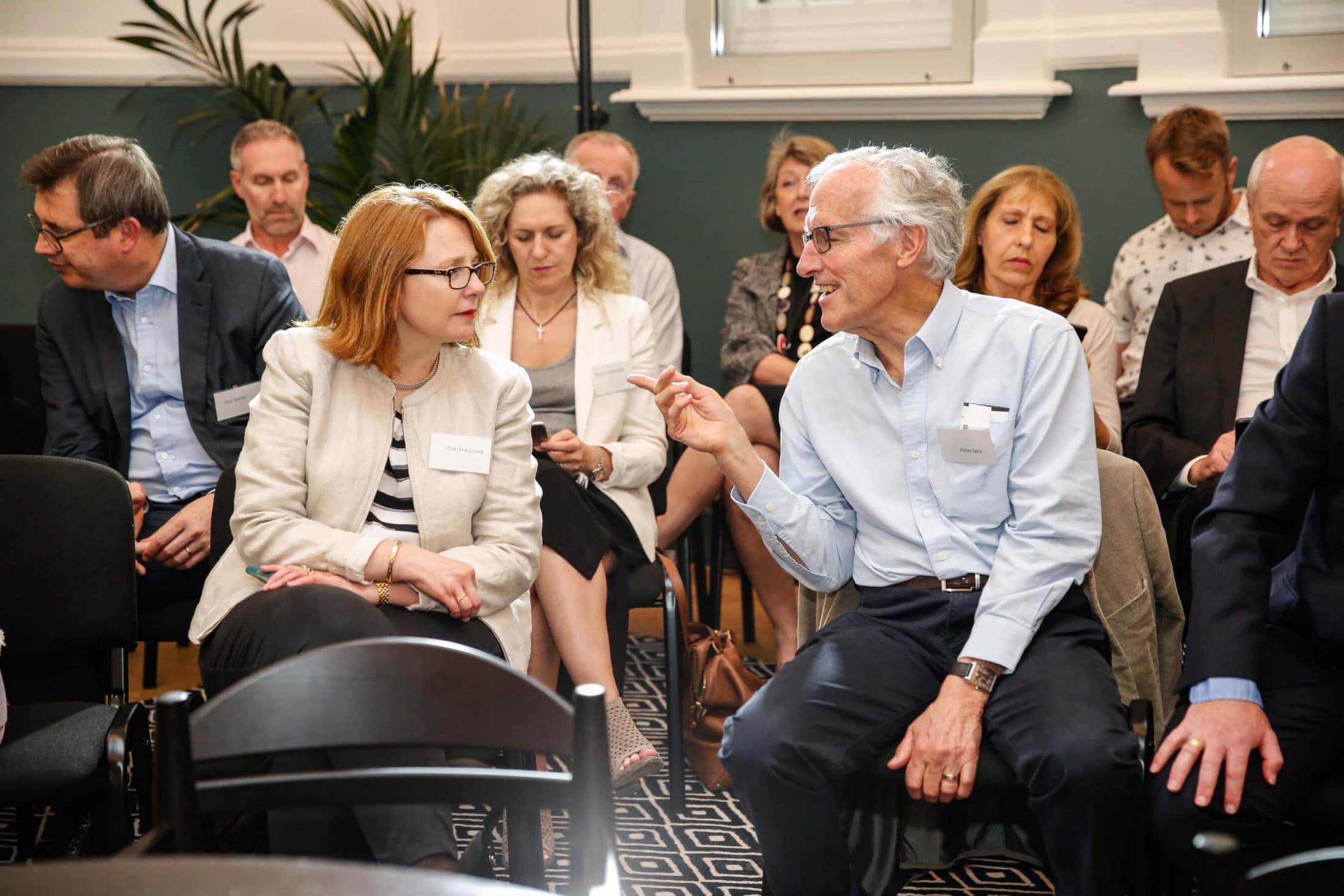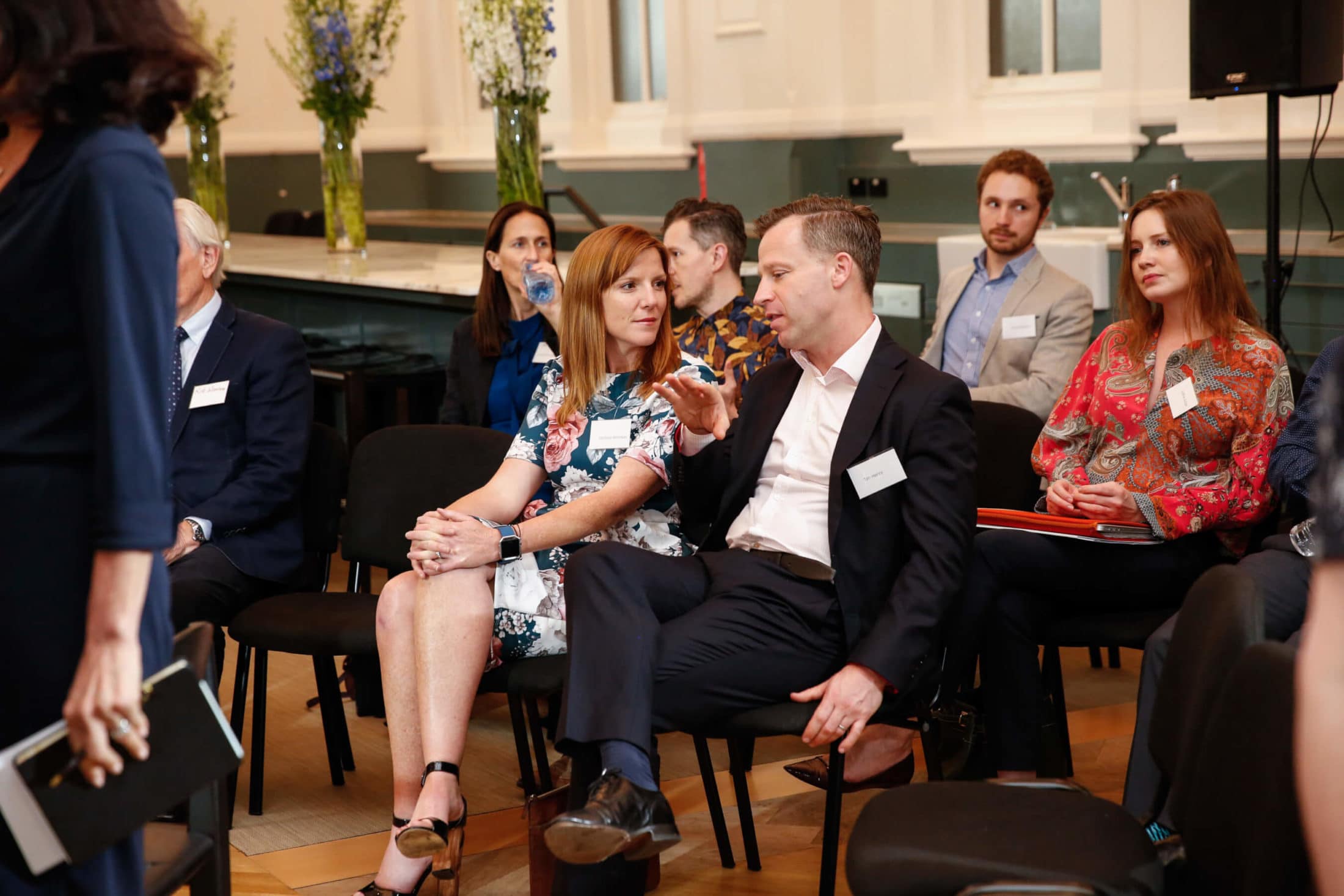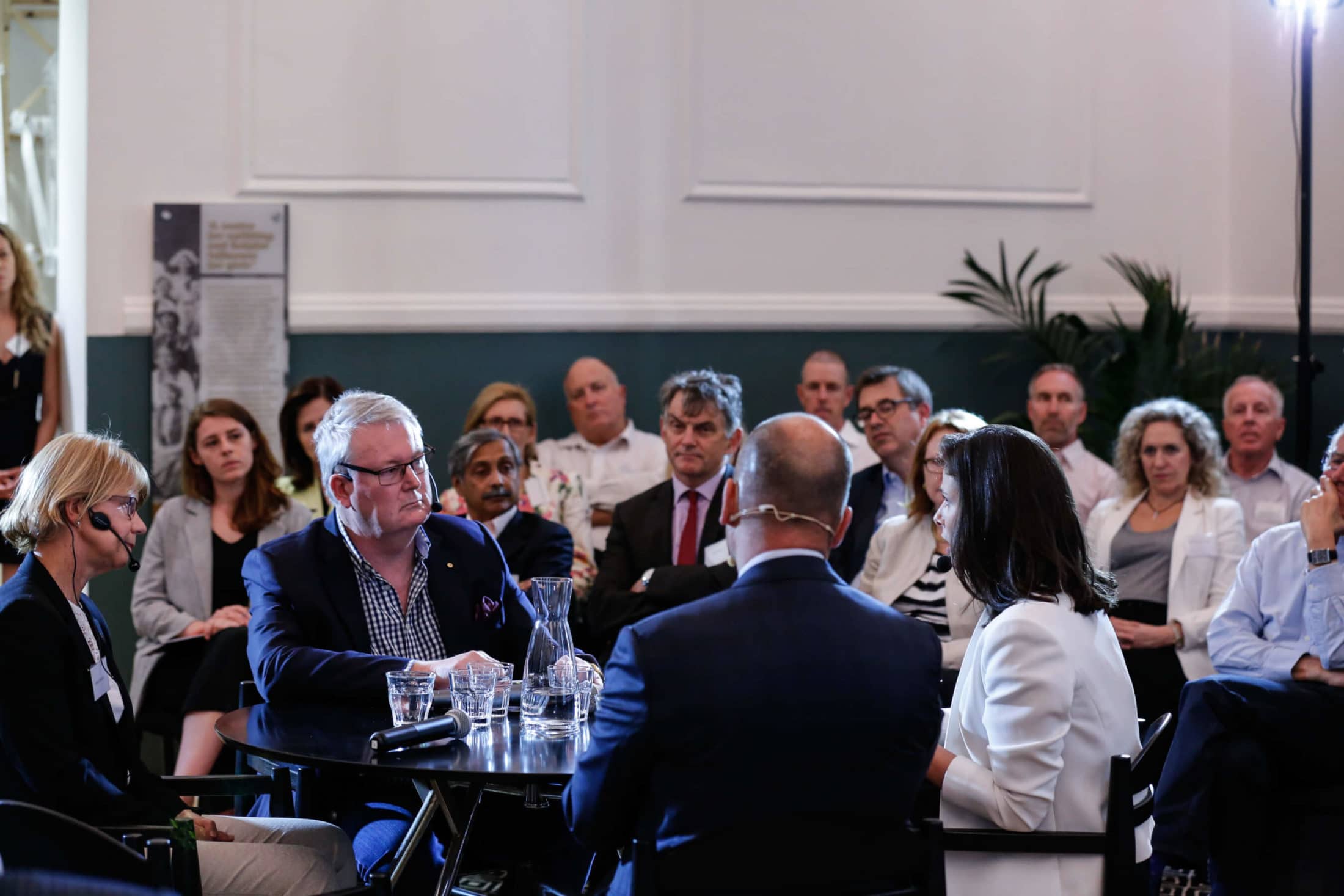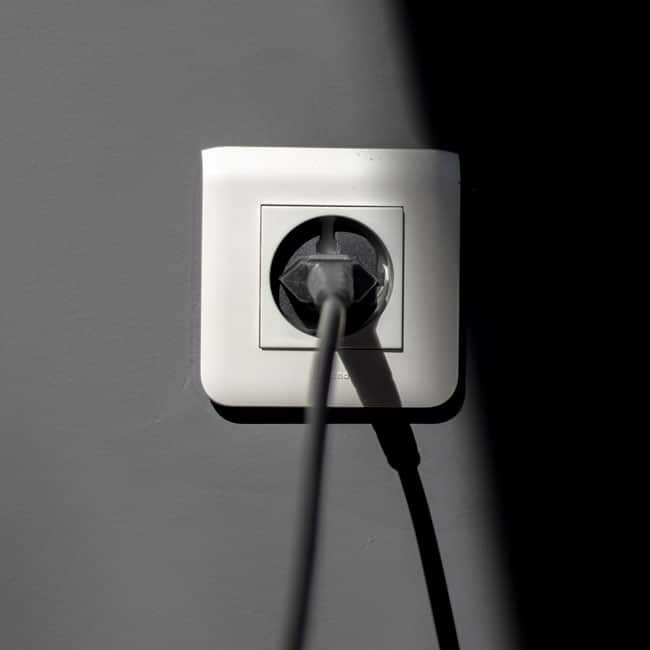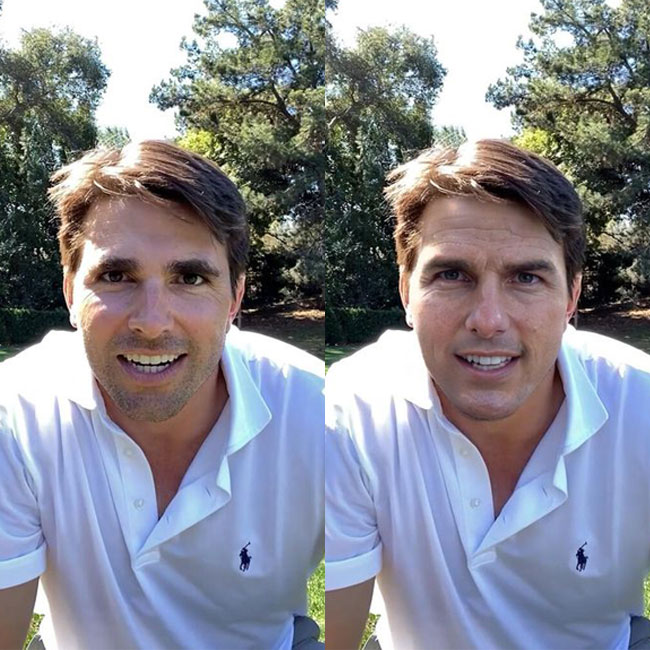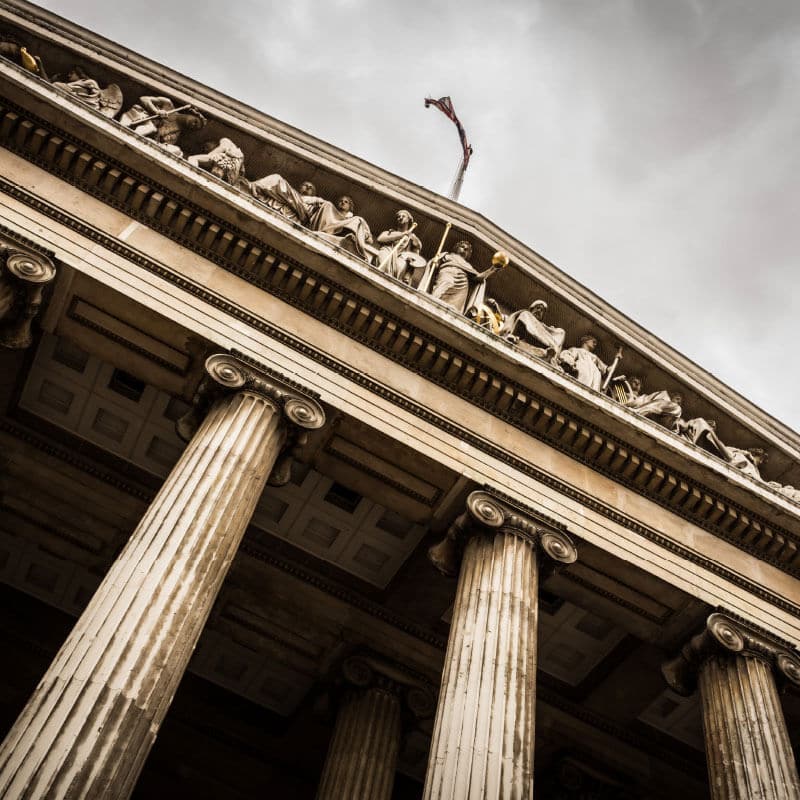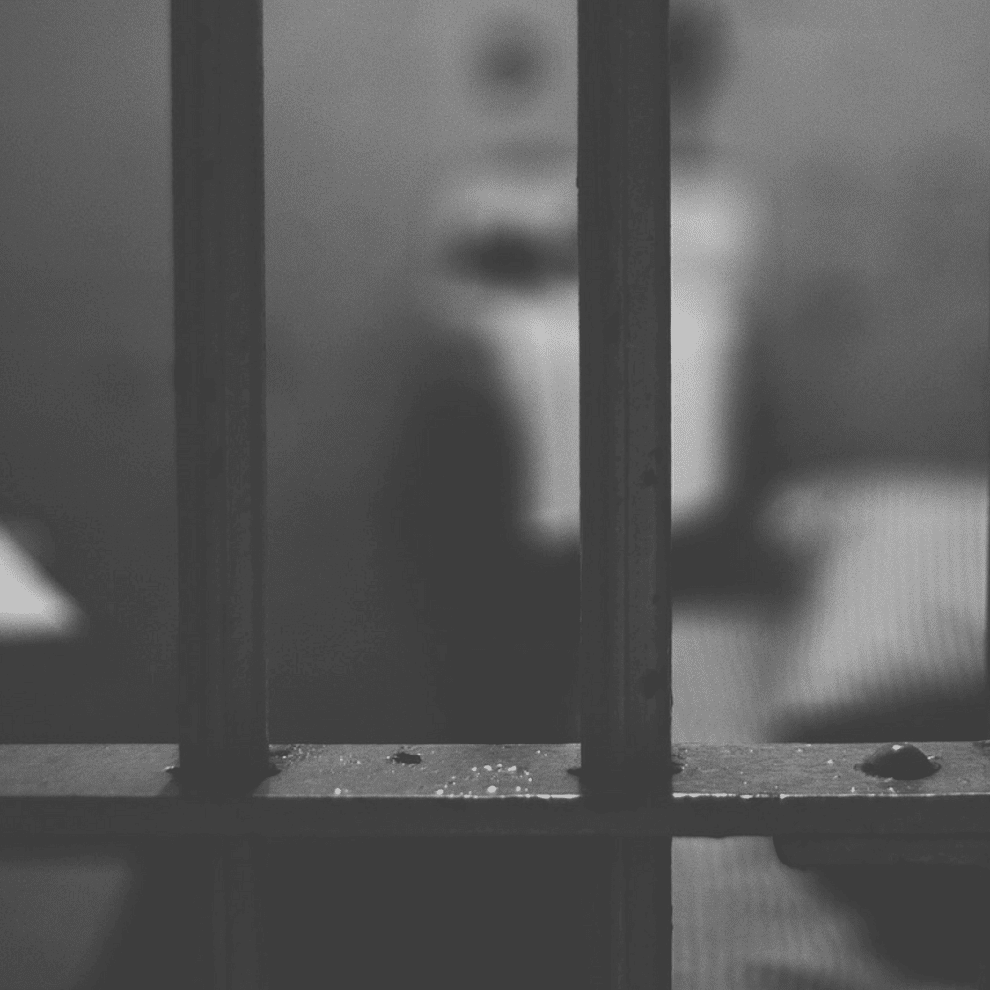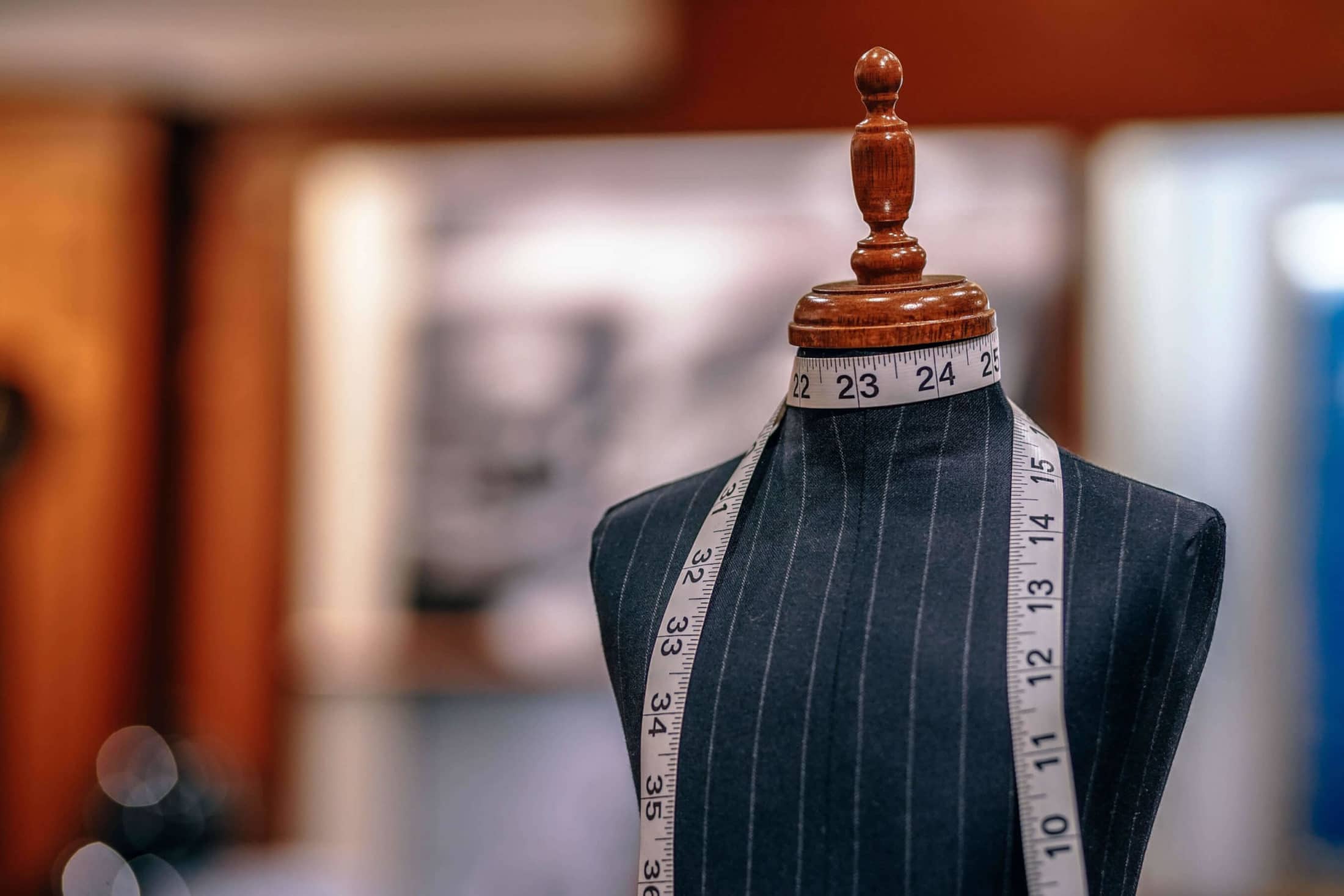Banking royal commission: The world of loopholes has ended

Banking royal commission: The world of loopholes has ended
Opinion + AnalysisBusiness + LeadershipSociety + Culture
BY Simon Longstaff 6 FEB 2019
Following the release of Commissioner Hayne’s royal commission final report on the banking and financial services sector, our Executive Director shares his take on the findings for the Australian Financial Review.
The Final Report of the Hayne Royal Commission is both unsparing and inspired.
Mr Hayne casts a wide net in his analysis of what went wrong in Australia’s banking and finance industry. However, there is one group on whom he pins ultimate accountability; the boards and senior executives of the entities whom he found to be at fault, “Nothing that is said in this Report should be understood as diminishing that responsibility. Everything that is said in this Report is to be understood in the light of that one undeniable fact …”
That is the unsparing part of the Report.
Kenneth Hayne is inspired in his injunction to all Australian business that it must apply some underlying principles, “These norms of conduct are fundamental precepts. Each is well-established, widely accepted, and easily understood.”
- Obey the law;
- Do not mislead or deceive;
- Act fairly;
- Provide services that are fit for purpose;
- Deliver services with reasonable care and skill; and
- When acting for another, act in the best interests of that other.
A dominant theme in Mr Hayne’s final report is that it is time to eliminate the law’s own exceptions to these principles – a series of ‘loopholes’ – often the product of political convenience – that allow the underlying principles to be violated by those with the wit, means and licence to do so.
There is a subtle quality to Mr Hayne’s arguments on this point. At no time does he suggest that ethical commitments should be elevated above compliance with the law. Indeed, he is clear that he opposes that approach. However, he makes it clear that the Law must conform with ethics – in the form of ‘underlying principle’.
The implications of this for the targets of his harshest criticism – boards and senior executives – are profound. For too long, it has been possible to ease through a loophole and take comfort from the fact that questionable (and profitable) conduct was ‘strictly legal’. That approach has cost us all dearly.
The fact that a loophole was available to be exploited does not mean that it should have been. The capacity to exercise ethical restraint (not to do everything that is possible) was always latent within the ranks of boards and senior management.
To be fair, we should acknowledge that boards and senior management have often exercised that capacity. We will never know (and credit will never be given) for the many cases of good judgement that have prevailed. Unfortunately, in the current environment, a multitude of good decisions counts for little when compared to the relatively few, but emblematic, cases of ethical failure – some of which may also have been unlawful.
Ethical failure occurs when core purposes, values and principles are betrayed. On some occasions this is done in a knowing and deliberate manner. More often, the cause is a failure of culture and governance (both intimately linked) that leads an organisation to ‘sleep walk’ into an ethical ‘death pit’.
Recognising this, Commissioner Hayne recommends that:
All financial services entities should, as often as reasonably possible, take proper steps to:
- Assess the entity’s culture and its governance
- Identify any problems with that culture and governance
- Deal with those problems, and
- Determine whether the changes it has made have been effective
In doing so, Hayne supports and extends the approach already adopted by APRA and ASIC by looking beyond ‘risk culture’ to evaluate the whole.
The Ethics Centre is a pioneer in the development and application of world-class tools for undertaking precisely the kind of evaluation being recommended by Hayne. This approach should not be limited to banking and financial services. It is essential for all organisations – whether in the private or public sectors.
The trouble is that boards and senior managers are often deeply reluctant to look into a well-polished mirror that reveals the truth about their organisation. Instead, they look to those who offer a ‘magic mirror’ that always reflects the comforting myth that you are the ‘fairest of them all’. It takes a certain kind of moral courage to ask for the truth. Perhaps Kenneth Hayne has strengthened the sinews of corporate Australia.
We will see!
Australia was one of the first countries to develop an ethical framework for banking and finance. The Banking + Finance Oath was created in the aftermath of the global financial crisis – at a time when all seemed to be relatively rosy on the domestic front.
The great disappointment was that so few people took up the opportunity to commit to the ‘underlying principles’ on which the BFO is based. Perhaps too many people saw that reality fell too short of the ideal.
If ever there was a time to make something better, it is now. In the wake of the Hayne royal commission, it is time for the ethical majority, working within banking and finance, to step up. Whatever your role or seniority – it’s time to own what is noble in the aims of banking and finance and to give life to its ideals.
Embrace underlying principle, measure and achieve alignment, exercise ethical restraint, regain trust. Do so in the expectation of profit and to earn that most elusive of rewards: a good name.
That is the opportunity that lies latent in the recommendations of the Hayne Report.
Dr Simon Longstaff is executive director of The Ethics Centre
Ethics in your inbox.
Get the latest inspiration, intelligence, events & more.
By signing up you agree to our privacy policy
You might be interested in…
Opinion + Analysis
Business + Leadership, Relationships
Unconscious bias: we’re blind to our own prejudice
Opinion + Analysis
Business + Leadership, Society + Culture
The Ethics Centre: A look back on the highlights of 2018
Explainer
Relationships, Society + Culture
Ethics Explainer: Ethical non-monogamy
Opinion + Analysis
Business + Leadership, Health + Wellbeing
The super loophole being exploited by the gig economy
BY Simon Longstaff
Simon Longstaff began his working life on Groote Eylandt in the Northern Territory of Australia. He is proud of his kinship ties to the Anindilyakwa people. After a period studying law in Sydney and teaching in Tasmania, he pursued postgraduate studies as a Member of Magdalene College, Cambridge. In 1991, Simon commenced his work as the first Executive Director of The Ethics Centre. In 2013, he was made an officer of the Order of Australia (AO) for “distinguished service to the community through the promotion of ethical standards in governance and business, to improving corporate responsibility, and to philosophy.” Simon is an Adjunct Professor of the Australian Graduate School of Management at UNSW, a Fellow of CPA Australia, the Royal Society of NSW and the Australian Risk Policy Institute.
The danger of a single view

There are times in the history of every nation when its character is tested and defined. Too often it happens with war, natural disasters or economic collapse. Then the shouting gets our attention.
But there are also our quieter moments – the ones that reveal solid truths about who we are and what we stand for. We are in one of those moments right now.
How should we recognise Indigenous Australians? Can our economy be repaired in an even-handed manner? How will we choose if forced to decide between China and the United States? How do we create safe ways for people seeking asylum? Can we grow our economy and protect our people and environments? These are just some of the questions we face.
And here’s another question. Do we have the capacity to talk about these things without tearing ourselves and each other apart? There are some safe places for open conversation about difficult questions. Twenty five years ago I began work at The Ethics Centre, a not-for-profit dedicated to creating such questions.
The Festival of Dangerous Ideas is one such place. This weekend, 1400 Sydneysiders will gather at the Festival of Dangerous Ideas – in a brand new home on Cockatoo Island – to explore different views and perspectives on issues surrounding truth, trust and the battle of polarities in our society.
Why host a festival to explore dangerous ideas?
Sadly, there is a growing ‘fragility’ across Australian society. The demand for crystalline ideological purity (you’re completely ‘with us’ or ‘against us’) puts us at risk of a fractured and stuffy world of absolutes.
Too often, I see conversations shut down before they have even begun. People with a contrary point of view are faced with outrage, shouted down or silenced by others driven by the certainty of righteous indignation. In such a world, there is no nuance, no seeking to understand the grey areas or subtleties of argument.
“Attempts to prove to people that they are wrong just leads to stalemate. Barricades go up and each side lobs verbal ‘grenades’. There is another way. “
This phenomenon crosses the political spectrum – embracing ‘conservatives’ and ‘progressives’ alike. In my opinion, it is the product of a self-fulfilling fear that our society’s ‘ethical skin’ is too thin to survive the prick of controversy and debate. This is a poisonous belief that drains the life from a liberal democracy.
Fortunately, the antidote is easily at hand. In essence we need to spend less time trying to change other people’s minds and more in trying to understand their point of view – by taking them entirely seriously.
Why make this change? Because attempts to prove to people that they are wrong just leads to stalemate. Barricades go up and each side lobs verbal ‘grenades’. There is another way. We could allow people to work out what the boundaries are for their own beliefs. Working out the lines we cannot cross is often the first step towards others and can only happen constructively when people feel safe. Giving people the space to fall on just the right side of such lines can make a world of difference.
So I wonder, might we pause for a moment, climb down from our battle stations and call a cease-fire in the wars of ideas? Might we recognise the person on the other side of an issue may not be unprincipled? Perhaps they’re just differently principled. Can we see in the face of our ideological opponent another person of good will? What then might we discover about each other; what unites and what divides? What then might we understand about the issues that will define us as a people?
Let’s rediscover the art of difficult discussions in which success is measured in the combination of passion and respect. Let’s banish the bullies – even those who claim to be ‘well-intentioned’. They have no place in the conversations we now need to have.
Follow the #FODI conversation on Twitter, and keep an eye on our Instagram for on the ground action at The Festival of Dangerous Ideas.
Ethics in your inbox.
Get the latest inspiration, intelligence, events & more.
By signing up you agree to our privacy policy
You might be interested in…
Big thinker
Relationships
Big Thinker: Martha Nussbaum
Opinion + Analysis
Relationships, Society + Culture
Meet Joseph, our new Fellow exploring society through pop culture
Opinion + Analysis
Health + Wellbeing, Politics + Human Rights, Relationships
There’s more than lives at stake in managing this pandemic
Opinion + Analysis
Relationships, Society + Culture
Five dangerous ideas to ponder over the break
BY Simon Longstaff
Simon Longstaff began his working life on Groote Eylandt in the Northern Territory of Australia. He is proud of his kinship ties to the Anindilyakwa people. After a period studying law in Sydney and teaching in Tasmania, he pursued postgraduate studies as a Member of Magdalene College, Cambridge. In 1991, Simon commenced his work as the first Executive Director of The Ethics Centre. In 2013, he was made an officer of the Order of Australia (AO) for “distinguished service to the community through the promotion of ethical standards in governance and business, to improving corporate responsibility, and to philosophy.” Simon is an Adjunct Professor of the Australian Graduate School of Management at UNSW, a Fellow of CPA Australia, the Royal Society of NSW and the Australian Risk Policy Institute.
When human rights complicate religious freedom and secular law

When human rights complicate religious freedom and secular law
Opinion + AnalysisPolitics + Human RightsRelationships
BY Simon Longstaff 23 AUG 2018
As the Commonwealth Government ponders its response to the Ruddock Religious Freedom Review, it’s worth considering what people of faith may be seeking to preserve and what limits society might justifiably seek to impose.
The term ‘religious freedom’ encompasses a number of distinct but related ideas. At the core, it’s freedom of belief – in a god, gods or a higher realm or being.
Many religions make absolute (and often mutually exclusive) claims to truth, most of which cannot be proven. Religions rely, instead, on acts of faith. Next comes freedom of worship – the freedom to perform, unhindered, the rituals of one’s faith. Then there is the freedom to act in good conscience – to give effect to one’s religious belief in the course of one’s daily life and, as a corollary, not to be forced to act in a manner that would violate one’s sacred obligations. Finally, there is the freedom to proselytise – to teach the tenets of one’s religion to the faithful and to those who might be persuaded.
In a secular, liberal democracy the four types of religious freedom outlined above – to believe, to worship, to act and to proselytise – attract different degrees of liberty. For example, people are generally free to believe whatever takes their fancy, no matter how ill-founded or bizarre. This is not so in all societies. Some theocracies will punish ‘heretics’ for holding unorthodox beliefs. Acting out of belief – in worship, deeds and proselytising – is often subject to some measure of restraint. For example, pious folk are not permitted to set up a pulpit (or equivalent) in the middle of a main road. They are not permitted to beat a woman, even if the teaching of their religion allows (or requires) her chastisement. They are not permitted to let a child die because of a religious objection to life-saving medical procedures. Nor are they able to teach that some people are ‘lesser beings’, lacking intrinsic dignity, simply because of their gender, sexuality, culture, religion, and so on. In other words, there are boundaries set for the expression of religious belief, whatever those beliefs might be.
It is precisely the setting of such ‘boundaries’ that has become a point of contention. Some Australian religious leaders claim they should be exempt from the application of Australian laws that they do not approve, like anti-discrimination legislation. This is nothing new. As it happens, in Australia, a number of religions have long denied the validity of secular law, even to the extent of running parallel legal systems.
The Roman Catholic Church regularly applies Canon Law in cases involving the status of divorcees, the sanctity of the confessional, and so on. The Government of Australia might recognise divorce, but the Church does not. The following text is taken from the official website of the Archdiocese of Sydney: A divorce is a civil act that claims to dissolve a valid marriage. From a civil legal perspective, a marriage existed and was then dissolved. The Catholic Church … does not recognise the ability of the State to dissolve a marriage. An annulment, on the other hand, is an official declaration by a Church Tribunal that what appeared to be a valid marriage was actually not one (i.e, that the marriage was in fact invalid) [my emphasis].
In a similar vein, the Jewish community maintains a separate legal system that oversees the application of Halakhic Law through the operation of special Jewish religious courts called Beth Din. Given the precedents set by Christians and Jews, it’s not surprising that adherents of other faith groups, notably Muslims, are seeking the same rights to apply religious laws within their own courts and to enjoy exemptions from the application of the secular law.
“Fundamental human rights come as a ‘bundle’. They are indivisible.”
Given all of the above, are there any principles that we might draw on when setting the boundaries to religious freedom?
Human rights
Fortunately, the proponents of freedom of religion have provided an excellent starting point for answering this question. It begins with the core of their argument – that freedom of belief (religion) is a fundamental human right. Their claim is well founded. However, those who invoke fundamental human rights cannot ‘cherry pick’ amongst those rights, only defending those that suit their preferences.
Fundamental human rights come as a ‘bundle’. They are indivisible. It follows from this that if people of faith are to assert their claim to religious freedom as a fundamental human right, then the exercise of that freedom should be consistent with the realisation of all other fundamental human rights. Religious freedom is but one. It follows from this that any legislative instrument designed to create a legal right to freedom of religion must circumscribe that right to the extent necessary to ensure that other human rights are not curtailed. For example, a legal right to religious freedom should not authorise violence against another person. Nor should it permit discrimination of a kind that would otherwise be considered unlawful under human rights legislation.
If there is to be Commonwealth legislation, then it should establish an unrestricted right of belief and a rebuttable presumption in favour of acting on those beliefs. The limits to action should be that the conduct (either by word or deed): does not constrain the liberty of another person, does not subject another person to any form of violence, does not deny the intrinsic dignity of another person and does not violate the human rights of another person. Finally, it is essential that as a liberal democracy any Australian legislation specify that the tenets of a religion only apply to those who have freely consented to adopt that religion.
So, what might this look like in practice – say, in relation to same sex marriage now that it is lawful?
Baking cakes
Nobody should be compelled to believe that same sex marriage is ‘moral’. That is a matter of personal belief unrelated to the law. Second, it should be permissible to teach, to members of one’s faith group, and to advocate, more generally, that same sex marriage is immoral (a view I do not hold). The fact that something is legal leaves open the question of its morality. Third, no person should be required to perform a marriage if to do so would violate the dictates of their conscience. Roman Catholic priests refuse to marry heterosexual divorcees. Such marriages are allowed by the state – yet no priest is forced to perform such a marriage because to do so would make them directly complicit is an act their religion forbids. Such an allowance should only extend to those at risk of becoming directly complicit in objectionable acts. For example, such an allowance should not be granted to a religious baker not wanting to provide a wedding cake to a gay couple. Cakes play no direct role in the formalities of a civil marriage. So, unlike a pharmaceutical company that might justifiably object to becoming complicit through the supply of drugs to an executioner, a baker is never going to be complicit in the performance of a marriage. As such, a baker should be bound by law to supply his or her goods on a non-discriminatory basis. Of course, there will always be some who feel obliged to put the requirements of their religion before the law.
To act according to one’s conscience in an honourable choice. But only do this if you are willing to bear the penalty.
Dr Simon Longstaff is Executive Director of The Ethics Centre: www.ethics.org.au
Ethics in your inbox.
Get the latest inspiration, intelligence, events & more.
By signing up you agree to our privacy policy
You might be interested in…
Big thinker
Relationships
Big Thinker: René Descartes
Opinion + Analysis
Relationships
What is the definition of Free Will ethics?
Opinion + Analysis
Politics + Human Rights
We are witnessing just how fragile liberal democracy is – it’s up to us to strengthen its foundations
Opinion + Analysis
Relationships
Why hard conversations matter
BY Simon Longstaff
Simon Longstaff began his working life on Groote Eylandt in the Northern Territory of Australia. He is proud of his kinship ties to the Anindilyakwa people. After a period studying law in Sydney and teaching in Tasmania, he pursued postgraduate studies as a Member of Magdalene College, Cambridge. In 1991, Simon commenced his work as the first Executive Director of The Ethics Centre. In 2013, he was made an officer of the Order of Australia (AO) for “distinguished service to the community through the promotion of ethical standards in governance and business, to improving corporate responsibility, and to philosophy.” Simon is an Adjunct Professor of the Australian Graduate School of Management at UNSW, a Fellow of CPA Australia, the Royal Society of NSW and the Australian Risk Policy Institute.
Free markets must beware creeping breakdown in legitimacy

Free markets must beware creeping breakdown in legitimacy
Opinion + AnalysisPolitics + Human RightsRelationships
BY Simon Longstaff 2 AUG 2018
This article was written for, and first published on the Australian Financial Review.
This much we know: a blistering series of scandals has led to a profound loss of trust – not just in Australia but across the developed world. Consequently, the issue of trust has become a hot topic – a new staple item on meeting agendas of cabinets, boards, conferences, etc.
However, what if the spotlight being shone on the topic of trust is blinding us so that we fail to see a far greater risk lurking in the shadows – the potential loss of legitimacy?
Creating Transparency
The Ethics Centre has just published a paper that raises this possibility and sounds a warning that should be heeded by those of us who believe in the virtues of the market economy. We do not argue that trust is unimportant. Instead, we make the case that while individuals and institutions can (and do) survive a loss of trust, they rarely (if ever) survive a loss of legitimacy.
“We do not argue that trust is unimportant. Instead, we make the case that while individuals and institutions can (and do) survive a loss of trust, they rarely (if ever) survive a loss of legitimacy.”
At the core of our argument is a simple truth of economics. A reduction in trust can be compensated for by an increase in the “deadweight” costs of surveillance and enforcement. The classic case is the making of agreements. A high trust context can see agreements made on the basis of a low-cost handshake (or its equivalent). Low trust contexts are burdened with the high costs of detailed contracts, enforcement provisions, litigation, etc.
The Definition
Bearing this in mind, we distinguish between the concepts of trust and legitimacy according to the following definitions:
Legitimacy is a recognised and well-founded right to claim a certain status, role or function.
Trust is a belief that a person or institution will perform their role or function in accordance with its obligations or where not bound by duty, in a predictable manner – often in accordance with its interests.
The less formal distinction is as follows: where low trust can be compensated for by a higher degree of checks and balances (deadweight costs), a loss of legitimacy cannot be compensated for at any cost.
Making The Case
Now, if you accept our argument that there is a difference between trust and legitimacy and that a loss of the latter is usually fatal, it soon becomes clear that some of our institutions are at grave risk. We see the early signs in a number of areas. In politics, it is not only political parties and politicians that risk losing legitimacy – it is the system of representative liberal democracy that is being called into question.
As the Lowy Institute has reported, a growing number of younger Australians doubt the capacity of democracy to respond to the challenges of modern life. In economics, there is growing scepticism about the legitimacy of an international economic order. Especially when the focus shifts to free trade and the operation of free markets. We see both trends converging in movements (sometimes dismissed and derided as mere populism) that are reshaping the political and economic landscapes in Europe, North America, Central America and at home.
The great risk in this is that each and every part of the political and economic ecosystem becomes tarred by the same brush – with the spiral of decline sucking in all…the good, the bad and the indifferent…without distinction.
Our Role
For its part, The Ethics Centre has a long history of calling attention to the ethical underpinnings of the free market…recalling that Adam Smith championed markets as the means by which to bring prosperity to all (and not just a few). We (again) make the case for free markets in this latest paper – but go one step further by outlining some core principles that we think should be adopted by corporations if they are to help maintain the legitimacy of the system upon which they ultimately depend.
At one level, the headline principles are deceptively simple: respect people, do no harm, be responsible and be transparent and honest. However, rather than simply state self-evident pieties, we have tied these principles back to the underlying concept of free markets as tools for increasing the stock of common good. These tools and mechanisms can only function, as intended, if participants do not lie, cheat or use their power oppressively.
“Businesses are struggling to develop enabling connections with communities. Their efforts are embedded in conversations about trust, social licence, shared value and so on.”
Businesses are struggling to develop enabling connections with communities. Their efforts are embedded in conversations about trust, social licence, shared value and so on. There are major programs to increase transparency – often as an alternative to trust (which makes transparency unnecessary). We argue that the problem with all of these efforts is that they fail to address the larger problem of a system whose parts are progressively undermining the legitimacy of the whole.
The good news is that the unravelling is reversible and that some fairly straightforward measures can be applied, but only if we rediscover the purpose of the free market and the economic actors that it sustains – for the good of all.
Visit https://ethics.org.au/trust-and-legitimacy/ to download a copy of the Trust, Legitimacy and the Ethical Foundations of the Market Economy report.
Ethics in your inbox.
Get the latest inspiration, intelligence, events & more.
By signing up you agree to our privacy policy
You might be interested in…
Big thinker
Relationships
Big Thinker: Tyson Yunkaporta
Big thinker
Politics + Human Rights, Relationships
Big Thinker: Michel Foucault
Explainer
Relationships
Ethics explainer: Nihilism
Opinion + Analysis
Relationships
Five steps to help you through a difficult decision
BY Simon Longstaff
Simon Longstaff began his working life on Groote Eylandt in the Northern Territory of Australia. He is proud of his kinship ties to the Anindilyakwa people. After a period studying law in Sydney and teaching in Tasmania, he pursued postgraduate studies as a Member of Magdalene College, Cambridge. In 1991, Simon commenced his work as the first Executive Director of The Ethics Centre. In 2013, he was made an officer of the Order of Australia (AO) for “distinguished service to the community through the promotion of ethical standards in governance and business, to improving corporate responsibility, and to philosophy.” Simon is an Adjunct Professor of the Australian Graduate School of Management at UNSW, a Fellow of CPA Australia, the Royal Society of NSW and the Australian Risk Policy Institute.
Australia Day and #changethedate - a tale of two truths

Australia Day and #changethedate – a tale of two truths
Opinion + AnalysisPolitics + Human Rights
BY Simon Longstaff 25 JAN 2018
The recent debate about whether or not Australia Day should be celebrated on 26th January has been turned into a contest between two rival accounts of history.
On one hand, the ‘white arm band’ promotes Captain Arthur Phillip’s arrival in Port Jackson as the beginning of a generally positive story in which the European Enlightenment is transplanted to a new continent and gives rise to a peaceful, prosperous, modern nation that should be celebrated as the envy of the world.
On the other hand, the ‘black arm band’ describes the British arrival as an invasion that forcefully and unjustly dispossesses the original owners of their land and resources, ravages the world’s oldest continuous culture, and pushes to the margins those who had been proud custodians of the continent for sixty millennia.
This contest has become rich pickings for mainstream and social media where, in the name of balance, each side has been pitched against the other in a fight that assumes a binary choice between two apparently incommensurate truths.
However, what if this is not a fair representation of the what is really at stake here? What if there is truth on both sides of the argument?
The truth – that is, the whole truth – is that the First Fleet brought many things. Some were good and some were not. Much that is genuinely admirable about Australia can be traced back to those British antecedents. The ‘rule of law’, the methods of science, the principle of respect for the intrinsic dignity of persons… are just a few examples of a heritage that has been both noble in its inspiration and transformative in its application in Australia.
Of course, there are dark stains in the nation’s history – most notably in relation to the treatment of Indigenous Australians. Not only were the reasonable hopes and aspirations of Indigenous people betrayed – so were the ideals of the British who had been specifically instructed to respect the interests of the Aboriginal peoples of New Holland (as the British called their foothold on the continent).
The truth – that is, the whole truth – is that both accounts are true. And so is our current incapacity to realise this.
The truth – that is, the whole truth – is that the arrival of the Europeans was a disaster for those already living here for generations beyond human memory. This was the same kind of disaster that befell the Britons with the arrival of the Romans, the same kind of disaster visited on the Anglo-Saxons when invaded by the Vikings and their Norman kin. Land was taken without regard for prior claims. Language was suppressed, if not destroyed. Local religions trashed. All taken – by conquest.
No reasonable person can believe the arrival of Europeans was not a disaster for Indigenous people. They fought. They lost. But they were not defeated. They survive. Some flourish. Yet with only two hundred or so years having passed since European arrival, the wounds remain.
The truth – that is, the whole truth – is that both accounts are true. And so is our current incapacity to realise this. Instead we are driven by politicians and commentators and, perhaps, the temper of the times, to see the world as one of polar opposites. It is a world of winners and losers, a world where all virtue is supposed to lie on just one side of a question, a world in which we are cut by the brittle, crystalline edges of ideological certainty.
So, what are we to make of January 26th? The answer depends on what we think is to be done on this day.
One of the great skills cultivated by ethical people is the capacity for curiosity, moral imagination and reasonable doubt. Taken together, these attributes allow us to see the larger picture – the proverbial forest that is obscured by the trees. This is not an invitation to engage in some kind of relativism – in which ‘truth’ is reduced to mere opinion. Instead, it is to recognise that the truth – the whole truth – frequently has many sides and that each of them must be seen if the truth is to be known.
But first you have to look. Then you have to learn to see what might otherwise be obscured by old habits, prejudice, passion, anger… whatever your original position might have been.
So, what are we to make of January 26th? The answer depends on what we think is to be done on this day. Is it a time of reflection and self-examination? If so, then January 26th is a potent anniversary. If, on the other hand, it is meant to be a celebration of and for all Australians, then why choose a date which represents loss and suffering for so many of our fellow citizens?
Ethics in your inbox.
Get the latest inspiration, intelligence, events & more.
By signing up you agree to our privacy policy
You might be interested in…
Opinion + Analysis
Politics + Human Rights, Society + Culture
Respect for persons lost in proposed legislation
Big thinker
Politics + Human Rights, Science + Technology
Big Thinker: Francesca Minerva
Opinion + Analysis
Society + Culture, Climate + Environment, Politics + Human Rights
Why you should change your habits for animals this year
Opinion + Analysis
Business + Leadership, Politics + Human Rights
Can philosophy help us when it comes to defining tax fairness?
BY Simon Longstaff
Simon Longstaff began his working life on Groote Eylandt in the Northern Territory of Australia. He is proud of his kinship ties to the Anindilyakwa people. After a period studying law in Sydney and teaching in Tasmania, he pursued postgraduate studies as a Member of Magdalene College, Cambridge. In 1991, Simon commenced his work as the first Executive Director of The Ethics Centre. In 2013, he was made an officer of the Order of Australia (AO) for “distinguished service to the community through the promotion of ethical standards in governance and business, to improving corporate responsibility, and to philosophy.” Simon is an Adjunct Professor of the Australian Graduate School of Management at UNSW, a Fellow of CPA Australia, the Royal Society of NSW and the Australian Risk Policy Institute.
The Ethics Alliance: Why now?

After almost thirty years of existence, The Ethics Centre has chosen this particular time to establish The Ethics Alliance. Why the Alliance, and why now?
I’ve heard it suggested that the Alliance is a necessary response to a period of history in which our trust in institutions – including banks, governments and the media – has dropped to a new low point. Some may see it as an opportunity for organisations to restore their battered reputations.
Others may see the Alliance a little more generously, as a community of like-minded organisations with a common commitment to good business practice. A collaborative effort to raise the standards of good business behaviour. A source of insights and tools that will enable better culture to emerge.
While low levels of trust certainly form part of the context within which The Ethics Alliance is emerging, we believe the root cause of our current malaise is something far more significant: the fact that we are on the edge of a transformation that will change our society in ways every bit as profound as those caused by the First Industrial Revolution.
The Ethics Alliance has a clear function. It is a mechanism for developing collective insight and practical measures that will support its members to manage this historic transition. The Alliance will enable companies – and the leaders who work in them – to harness change for the benefit of employees, customers and shareholders alike. The ultimate beneficiary will be the society in which we all live.
We are already seeing clues as to the general shape of the coming changes. Many of these are the product of scientific and technological innovation. Artificial Intelligence and robotics (including nano-fabrication by 3D printers) will displace vast numbers of people from employment. New jobs may be created – but there are very few credible plans in place to ensure the necessary transition will be just or orderly.
The upheaval in employment will be accompanied by a revolution in medicine. Gene editing (using the ‘cut & paste’ functions of CRISPR), pharmaco-genomics, the use of stem cells to regenerate organs and a myriad of other developments will see a startling increase in the lifespan of those who can afford these therapies.
The resulting seismic shift in demography will challenge all of our assumptions about what makes for a worthwhile life, about the status of long-established social institutions, about sources of value and so on. What kind of economy will be needed to support such a society? What is the role of the market, of government, of civil society?
These questions will create new practical challenges within every workplace. If one of the key responsibilities of business leaders is to anticipate and plan for the emerging future and creating organisations which are fit for purpose, then there is much to discuss. Scientists, economists, engineers and lawyers can help us to know what we could do in response to issues of this kind. But only ethics can help us decide what we should do.
We believe business, professional and government organisations not only have a responsibility to help meet the challenges of the future – they also have the capacity to do so.
These matters are not just for governments to solve. Few, if any, organisations will be able to address such ‘civilisational’ challenges alone. Aggregating the resources, energy and insights of members of The Ethics Alliance will achieve outcomes that individual organisations could never achieve on their own.
The Ethics Alliance will also provide practical tools to its members – building their capacity to make better decisions – even in conditions of uncertainty. And it will support innovation. The Ethics Alliance has been designed as a safe place for testing the boundaries of what might be possible.
Society may have lost a little of its faith in government and business lately, and that’s something we should all be concerned about. We believe business, professional and government organisations not only have a responsibility to help meet the challenges of the future – they also have the capacity to do so.
These same organisations cannot afford to ignore these issues or mismanage their response. This is not just about managing risk. It is also about learning how to harvest the dividends of progress without compromising the future.
In that sense, The Ethics Alliance is not so much a response, as a product of the times in which we live.

This article was originally written for The Ethics Alliance. Find out more about this corporate membership program. Already a member? Log in to the membership portal for more content and tools here.
Ethics in your inbox.
Get the latest inspiration, intelligence, events & more.
By signing up you agree to our privacy policy
You might be interested in…
Opinion + Analysis
Business + Leadership
Sylvie Barbier and Rufus Pollock on failure and fostering a wiser culture
Opinion + Analysis
Business + Leadership
How avoiding shadow values can help change your organisational culture
Opinion + Analysis
Business + Leadership
Making the tough calls: Decisions in the boardroom
Opinion + Analysis
Business + Leadership
Ethical redundancies continue to be missing from the Australian workforce
BY Simon Longstaff
Simon Longstaff began his working life on Groote Eylandt in the Northern Territory of Australia. He is proud of his kinship ties to the Anindilyakwa people. After a period studying law in Sydney and teaching in Tasmania, he pursued postgraduate studies as a Member of Magdalene College, Cambridge. In 1991, Simon commenced his work as the first Executive Director of The Ethics Centre. In 2013, he was made an officer of the Order of Australia (AO) for “distinguished service to the community through the promotion of ethical standards in governance and business, to improving corporate responsibility, and to philosophy.” Simon is an Adjunct Professor of the Australian Graduate School of Management at UNSW, a Fellow of CPA Australia, the Royal Society of NSW and the Australian Risk Policy Institute.
The rise of Artificial Intelligence and its impact on our future

The rise of Artificial Intelligence and its impact on our future
Opinion + AnalysisScience + Technology
BY Simon Longstaff The Ethics Centre 28 JUL 2017
It’s all fun and games until robots actually take over our jobs. AI is in our future and is fast approaching. Simon Longstaff considers how we make that tomorrow good.
Way back in 1950, the great computer scientist, Alan Turing, published in Mind a paper that set a test for determining whether or not a machine possesses ‘artificial intelligence’.
In essence, the Turing Test is passed if a human communicating with others by text cannot tell the difference between a human response and one produced by the machine. The important thing to note about Turing’s test is that he does not try to prove whether or not machines can ‘think’ as humans do – just whether or not they can successfully imitate the outcomes of human thinking.
Although the makers of a chat-bot called Eugene Goostman claimed it passed the test (by masquerading as a 13 year old boy) general opinion is the bot was designed to ‘game’ the system by using the boy’s apparent young age as a plausible excuse for the mistakes it made in the course of the test. Even so, the development of computers continues apace – with ‘expert systems’ and robots predicted to displace humans in a variety of occupations ranging from the legal profession to taxi drivers and miners.
All of this is causing considerable anxiety – not unlike that felt by people whose lives were upended by the development of steam power and mass production during the first Industrial Revolution. Back then people could more or less understand what was going on. The machines (and how they worked) were fairly obvious.
These days the inner workings of our advanced machines are far more mysterious. Coal or timber burning in a furnace is tactile and observable. But what exactly is an electron? How do you see it? And a Q-bit?
Add to this the extraordinary power of modern machines and it is not surprising that some people (including the likes of Stephen Hawking) are expressing caution about the potential threat our own technologies present, not only to our lifestyles, but to human existence. Of course, not everybody is so pessimistic.
However, the key thing to note here is we have choices to make about how we develop our technology. The future is not inevitable – we make it. And that is where ethics comes in.
This is one small example of how our choices matter. At first glance, let’s imagine how wonderful it would be if we could build batteries that never need recharging. That might seem to solve a raft of problems.
However, as Raja Jurdak and Brano Kusy observe in The Conversation, there may be ‘downsides’ to consider, “creating indefinitely powered devices that can sense, think, and act moves us closer to creating artificial life forms.
Couple that with an ability to reproduce through 3D printing, for example, and to learn their own program code, and you get most of the essential components for creating a self-sustaining species of machines.” Dystopian images of the Terminator come to mind.
However, back to Turing and his test. As noted above, computers that pass his test will not necessarily be thinking. Instead, they will be imitating what it means to be a thinking human being. This may be a crucial difference.
What will we make of a medi-bot that tells us we have cancer and tries to comfort us – but that we know can have no authentic sense of its (or our) mortality? No matter how good it is at imitating sympathy, won’t the machine’s lack of genuine understanding and compassion lead us to discount the worth of its ‘support’?
Then there is the fundamental problem at the heart of the ethical life lived by human beings. Our form of being is endowed with the capacity to make conscious, ethical choices in conditions of fundamental uncertainty. It is our lot to be faced with genuine ethical dilemmas in which there is, in principle, no ‘right’ answer.
This is because values like truth and compassion can be held with equal ‘weight’ and yet pull us in opposite directions. As humans we know what it means to make a responsible decision – even in the face of such radical uncertainty. And we do it all the time.
What will a machine do when there is no right answer? Will it do the equivalent to flipping a coin? Will it be indifferent to the answer it gets and act on the results of chance alone? Will that ever be good enough for us and the world we inhabit?
Ethics in your inbox.
Get the latest inspiration, intelligence, events & more.
By signing up you agree to our privacy policy
You might be interested in…
Opinion + Analysis
Relationships, Science + Technology
To see no longer means to believe: The harms and benefits of deepfake
Opinion + Analysis
Politics + Human Rights, Science + Technology
Who’s to blame for Facebook’s news ban?
Opinion + Analysis
Science + Technology
Bladerunner, Westworld and sexbot suffering
Opinion + Analysis
Science + Technology
The Ethics of In Vitro Fertilization (IVF)
BY Simon Longstaff
Simon Longstaff began his working life on Groote Eylandt in the Northern Territory of Australia. He is proud of his kinship ties to the Anindilyakwa people. After a period studying law in Sydney and teaching in Tasmania, he pursued postgraduate studies as a Member of Magdalene College, Cambridge. In 1991, Simon commenced his work as the first Executive Director of The Ethics Centre. In 2013, he was made an officer of the Order of Australia (AO) for “distinguished service to the community through the promotion of ethical standards in governance and business, to improving corporate responsibility, and to philosophy.” Simon is an Adjunct Professor of the Australian Graduate School of Management at UNSW, a Fellow of CPA Australia, the Royal Society of NSW and the Australian Risk Policy Institute.
BY The Ethics Centre
The Ethics Centre is a not-for-profit organisation developing innovative programs, services and experiences, designed to bring ethics to the centre of professional and personal life.
Doing good for the right reasons: AMP Capital's ethical foundations

Doing good for the right reasons: AMP Capital’s ethical foundations
Opinion + AnalysisBusiness + Leadership
BY Simon Longstaff ethics 21 MAR 2017
Discover the ethical processes behind AMP Capital’s tobacco divestment. There are three years of thinking behind those headlines, explains Simon Longstaff. He was there to help them through.
You may have seen that AMP Capital decided to divest from tobacco and munitions. The organisation will sell A$440 million of tobacco investments and a further A$130 million in cluster munitions and landmines.
Although this is big news, it isn’t the first time a divestment like this has happened in Australia. What makes this news more significant is AMP Capital’s decision hasn’t come from traditional divestment strategies like shareholder activism or social protest. Instead, it is the product of a much larger process of ethical reflection.
This reflection started three years ago, when AMP Capital approached me, wanting to set its entire investment portfolio on a solid ethical foundation. Together, we sought to discover what that foundation might be.
What we learned surprised us. At first, we thought ‘fiduciary duty’ would be the main issue – AMP Capital’s duty to act in the best interests of its investors. AMP Capital is totally committed to discharging this obligation.
However, it turns out that there was another equally important issue – one that is for the most part ignored.
It concerns AMP Capital itself. Is it driven entirely by the ethics of others, washing its hands of all ethical responsibility? Or does AMP Capital have a right to set the ethical boundaries within which it offers its goods and services in the expectation of reward?
We concluded that just as a person can decide not to do something that goes against their conscience, so can a business.
Once we’d agreed on this basic idea, AMP Capital was able to build an ethical investment foundation based on a few core principles that we believed to be self-evident and so firmly grounded as to be uncontroversial. They are:
- No investment may be made if it leads to or supports conduct that violates the principle of ‘respect for persons’. AMP Capital will not invest in entities or activities that undermine fundamental human dignity, like those that treat people merely as a tool for some other end.
- AMP Capital will not enable – or seek to profit from – activities that violate international human rights law.
- AMP Capital will actively consider the extent to which its investments are in entities or products that cause harm. The relevant test is this – to what extent (if any) can this product be used without causing harm to the user or others?
- In assessing harm, AMP Capital will seek to determine the extent any harm is an inescapable side-effect of doing something good. If harm is inescapable, are the adverse side-effects mitigated to the greatest extent possible?
- AMP Capital will have regard to issues of ‘materiality’ – are the ethically problematic issues central to the investment being considered? AMP Capital will also bear in mind whether engagement with a company might be a better route to achieving a positive ethical outcome.
- AMP Capital will be open to being corrected if they’re mistaken about any of the facts or assumptions that have a bearing on deciding if a company’s conduct or products are harmful.
This framework can be applied to any situation. Regardless of the product or moment, it gives a strong ethical foundation for all the choices the company might make in the future.
Good foundations are something that every company needs. If embedded and practiced, they can reassure employees and customers that business choices are based on ethical reflection rather than the pressure of public opinion or the pursuit of profits at all cost. And they bring consistency and confidence to ethical decisions.
I’m very proud to have worked with AMP Capital on developing this framework. I hope it helps them and inspires others to do the same.
MOST POPULAR
ArticleHEALTH + WELLBEING
HSC exams matter – but not for the reasons you think
EssayBUSINESS + LEADERSHIP
Has passivity contributed to the rise of corrupt lawyers?
BY Simon Longstaff
Simon Longstaff began his working life on Groote Eylandt in the Northern Territory of Australia. He is proud of his kinship ties to the Anindilyakwa people. After a period studying law in Sydney and teaching in Tasmania, he pursued postgraduate studies as a Member of Magdalene College, Cambridge. In 1991, Simon commenced his work as the first Executive Director of The Ethics Centre. In 2013, he was made an officer of the Order of Australia (AO) for “distinguished service to the community through the promotion of ethical standards in governance and business, to improving corporate responsibility, and to philosophy.” Simon is an Adjunct Professor of the Australian Graduate School of Management at UNSW, a Fellow of CPA Australia, the Royal Society of NSW and the Australian Risk Policy Institute.
BY ethics
Between frenzy and despair: navigating our new political era

Between frenzy and despair: navigating our new political era
Opinion + AnalysisBusiness + Leadership
BY Simon Longstaff The Ethics Centre 2 FEB 2017
In years past, one of my roles was to take meteorological readings for the north-west sector of the Gulf of Carpentaria. My job was to relay weather readings to an operator in Katherine.
From there they would be added to the data pool used by the Bureau of Meteorology to track and predict Australia’s weather. Although my part was very basic, it was essential. And so it was that I found myself reading the weather at the height of a tropical cyclone.
I stepped into the maelstrom, physically wrestling the wind and exhilarated by this personal encounter with the unbridled power of nature. Meanwhile, other (perhaps more sensible) people were gathered together in shelters. The same cyclone that made me feel alive left them terrified. One phenomenon, two very different responses.
Whatever divides Trump’s supporters from his critics, they are united by one thing – both groups are being buffeted by powerful winds of change.
For me, that cyclone is like President Trump’s emerging impact on the world. The flurry of claims and counter-claims, fake news, alternative facts and the swirling vortex of presidential orders demonstrate enormous power and have provoked diverse responses.
For some people, President Trump is a thrilling departure from ‘politics as normal’. For others, his conduct is a frightening repudiation of all they believe in. Whatever divides Trump’s supporters from his critics, they are united by one thing – both groups are being buffeted by powerful winds of change. As such, they have a common need to find stable anchor points.
Trump supporters risk being swept away on a tide of populism that knows no boundaries and ultimately eats its own. Critics risk their scepticism giving way to outright cynicism, the kind that inevitably corrodes the bonds of human society. Of the two risks, the latter is the greater. Cynicism often ends in resignation and the hopelessness of despair. Citizens disengage and democracies unravel from within.
Neither outcome – self-defeating populism or rampant despair – is inevitable.
History is full of examples of individuals and societies who have lost their ethical bearings, only later to look back in horror at what has been done.
Core values and principles provide the anchor points needed to hold people steady. They are the ground we return to whenever making conscious decisions about how to live as individuals and as a society. Although the specifics may vary between people, places and times, the basic structure is the same. With one important exception, every human being makes choices informed by their values and principles.
The exception is the problem.
Too often, people act without giving much thought to what they are doing. Instead, habits provide the pattern for accepted behaviour. In these circumstances it is all too easy for good people to drift until they either act badly or become complicit in the bad deeds of others. History is full of examples of individuals and societies who have lost their ethical bearings, only later to look back in horror at what has been done.
An ethical life is a life for the hopeful.
In nearly every case, the majority has made no active choice to take the wrong path. Instead, they have been led there in ignorance by a demagogue or have gone along unwillingly, having lost their capacity to resist to the pits of despair.
At its heart, ethics is about living an ‘examined life’. It is about resisting the temptation to act out of habit alone – even if those habits are virtuous. Although we inherit values and principles from our parents and other people important in our lives, a mature person becomes capable of making these values and principles their own. Their lives will be more than a mere imitation of others. It is only by moving beyond inherited values and moral codes that we can genuinely take responsibility for our own lives.
From a practical point of view, the first step is to establish a conscious, personal inventory of values and principles. You do this by asking “what things are good at their core and worth choosing above other things?” and “what are the right ways to obtain those things?”
An ethical life is a life for the hopeful, a way of living that strengthens the sinews of all those affected by the political project embodied by President Trump. Political bluster can be every bit as dangerous as cyclonic winds. Let’s strengthen the ground on which we meet it.
Ethics in your inbox.
Get the latest inspiration, intelligence, events & more.
By signing up you agree to our privacy policy
You might be interested in…
Opinion + Analysis
Business + Leadership
Survivor bias: Is hardship the only way to show dedication?
Opinion + Analysis
Business + Leadership
The role of ethics in commercial and professional relationships
Opinion + Analysis
Business + Leadership, Relationships
Game, set and match: 5 principles for leading and living the game of life
Opinion + Analysis
Business + Leadership, Politics + Human Rights, Relationships
It’s time to increase racial literacy within our organisations
BY Simon Longstaff
Simon Longstaff began his working life on Groote Eylandt in the Northern Territory of Australia. He is proud of his kinship ties to the Anindilyakwa people. After a period studying law in Sydney and teaching in Tasmania, he pursued postgraduate studies as a Member of Magdalene College, Cambridge. In 1991, Simon commenced his work as the first Executive Director of The Ethics Centre. In 2013, he was made an officer of the Order of Australia (AO) for “distinguished service to the community through the promotion of ethical standards in governance and business, to improving corporate responsibility, and to philosophy.” Simon is an Adjunct Professor of the Australian Graduate School of Management at UNSW, a Fellow of CPA Australia, the Royal Society of NSW and the Australian Risk Policy Institute.
BY The Ethics Centre
The Ethics Centre is a not-for-profit organisation developing innovative programs, services and experiences, designed to bring ethics to the centre of professional and personal life.
You are more than your job

You are more than your job
Opinion + AnalysisHealth + WellbeingRelationships
BY Simon Longstaff The Ethics Centre 20 DEC 2016
There are many ways we define our personal identity. Often, we define it by the roles we play in life.
We might think of ourselves as a child, parent, sibling, spouse, lover, friend… It is remarkable how we integrate all these different roles and relationships into our own, singular person.
People may often identify themselves according to their work. It’s been happening throughout history, as we can hear in occupational surnames such as Carpenter, Carter, Baker and Wheeler. We even link our identity with what we do for bureaucratic reasons. For example, every traveller is required to state their occupation when departing from or arriving in Australia.
Personal value has shifted focus from our character, personality, and relationships, to our role or place in society. It is no longer a question of who we are but what we do.
Casual conversations, too, eventually veer towards the question, “what do you do?” But a few years ago, I noticed the response to the question “How are you?” was changing from “I’m well” to “I’m busy”. I wondered what lay behind this altered response. What were they trying to say?
I concluded that the words “I am busy” are a proxy for “I am valued/needed”. My worth is affirmed by the fact I am in demand to the point of being busy.
If I’m correct, this marks a subtle but important change. Personal value has problematically shifted focus from our character, personality and relationships to our role or place in society. It is no longer a question of who we are but what we do.
Perhaps we should reflect on some of the deeper questions to do with identity, meaning and value.
For the most part, we might not notice this change in emphasis. However, if what I suspect is true, a holiday such as the enforced Christmas vacation could be a period of stress and dislocation for people who define themselves by their work – especially if they live alone and are without family or friends.
For some people, a job is not only a source of identity, it may also be their principal social environment, providing a regular opportunity for human contact. For such people, being deprived of this context can be a profound loss. To be ‘on leave’ is to be cut off from their principal source of identity.
Those of us with established social networks could help by reaching out to such people and making sure they’re included in holiday celebrations. Among other things, this sends a signal that the person is valued for more than their work.
Work-focused individuals could also volunteer with charities during the holiday season. This would provide a readymade social context and a valuable, alternative source of meaning and identity.
However, especially at Christmas time, perhaps we should reflect on some of the deeper questions dealing with identity, meaning and value. At the heart of ethics is a belief in the intrinsic worth of every person – irrespective of their gender, race, religion, sexuality… or job.
Ethics in your inbox.
Get the latest inspiration, intelligence, events & more.
By signing up you agree to our privacy policy
You might be interested in…
Opinion + Analysis
Relationships
We can help older Australians by asking them for help
Opinion + Analysis
Relationships
Freedom and disagreement: How we move forward
Opinion + Analysis
Business + Leadership, Relationships
The pivot: Mopping up after a boss from hell
Opinion + Analysis
Relationships, Society + Culture






